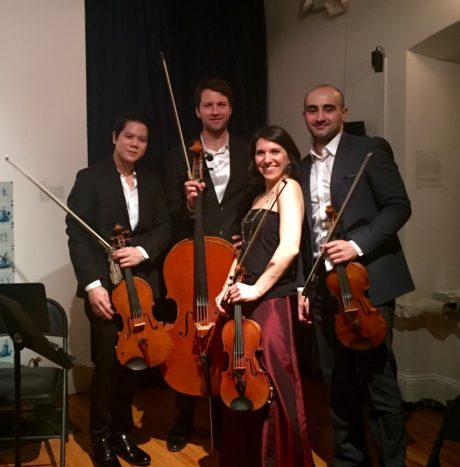
Stanichka Dimitrova: Urgent Messages From 200 Years Ago
On Music: Violinist Stani Dimitrova discusses how 18th century composers are relevant today.

On Music: Violinist Stani Dimitrova discusses how 18th century composers are relevant today.
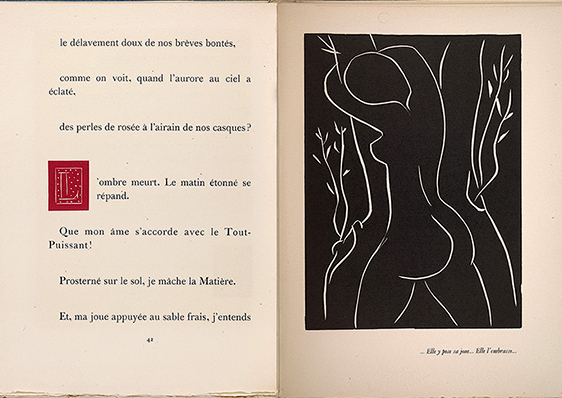
The little-known book illustrations.
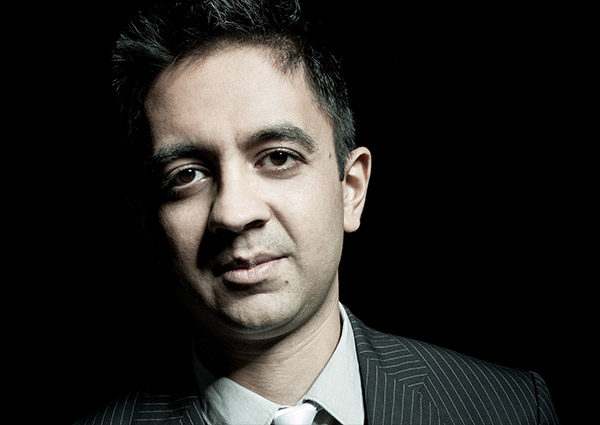
The musician and composer on the art of self-transformation, resisting cultures of exclusion, and what he calls "easy camaraderie."
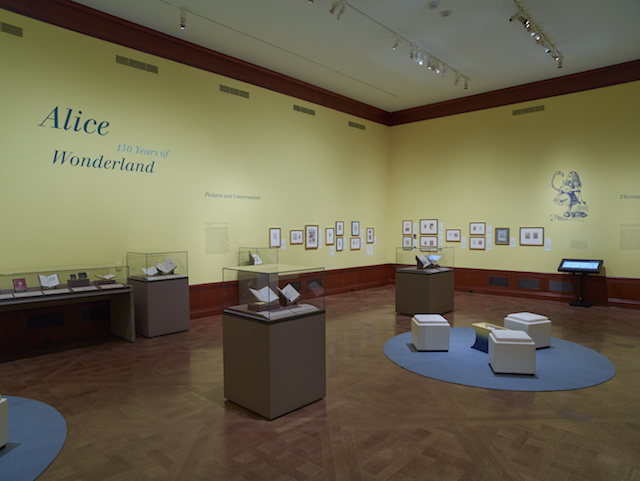
Celebrating 150 years of art, artifact, and Alice.
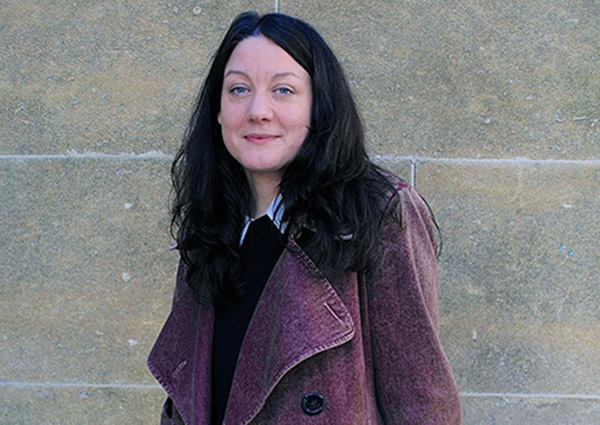
The writer and naturalist on the temporality of grief, inhabiting the voice of T.H. White, and developing radical empathy with a goshawk.
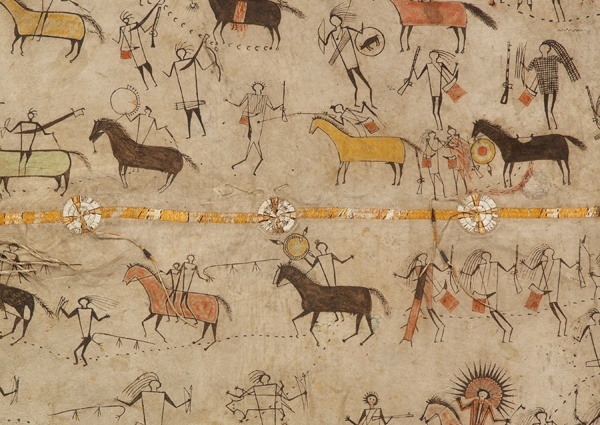
Plains Indians, Painted Hides, and the De-Wilding of the American West

Aditi Sriram talks with the founder of Inkwell, an online national black book club that launched yesterday, about supporting black writers and influencing the marketplace..
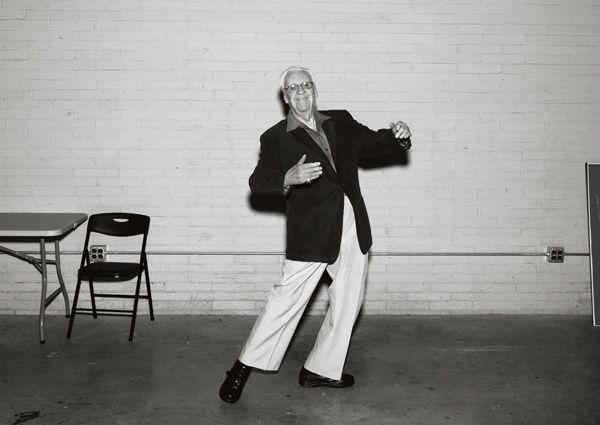
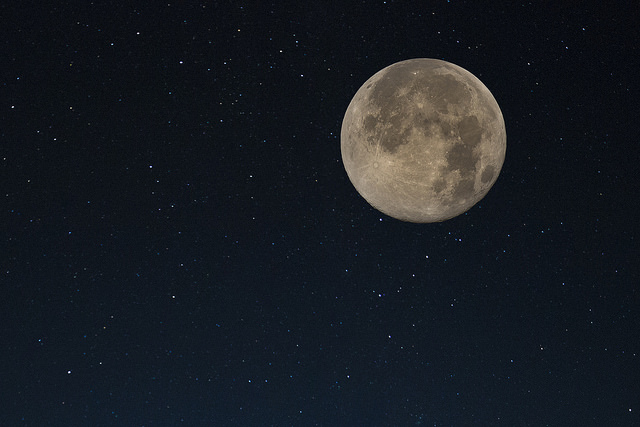
Flash Fiction: Do you really think the moon only exists when you are looking at it?
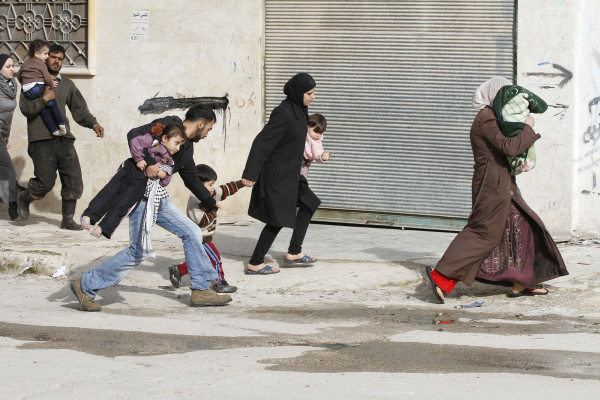
The story of two asylum-seekers’ journey to Denmark.

These books won’t help you drop 10 pounds or achieve Inbox Zero, but they will remind you of the power of brand new ideas.
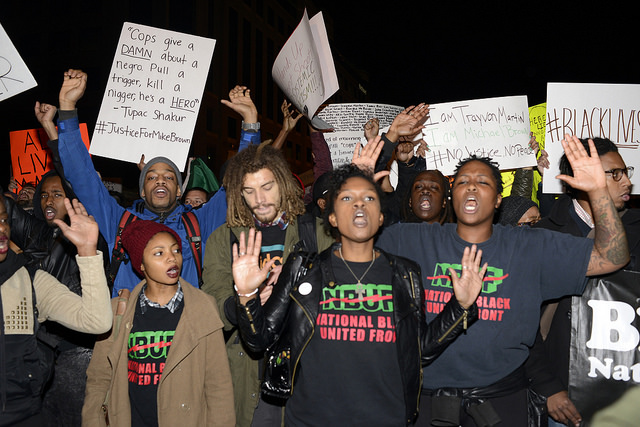
When you know us, it’s harder to kill us.

Flash Fiction: The daughter, the one they think they made all by themselves, holds the hand, and holds also the head, unwise and old and greedy.

The new Las Vegas invites you to defy or deny outright the desert that the old Vegas celebrated.

The longtime contributor to The New York Review of Books on the history of racial justice from World War I to Ferguson.
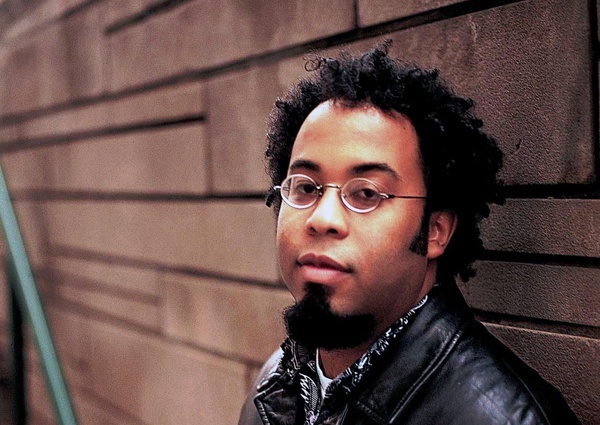
The poet and curator on expanding autobiography, the importance of elegy, and the centrality of blues to experience.
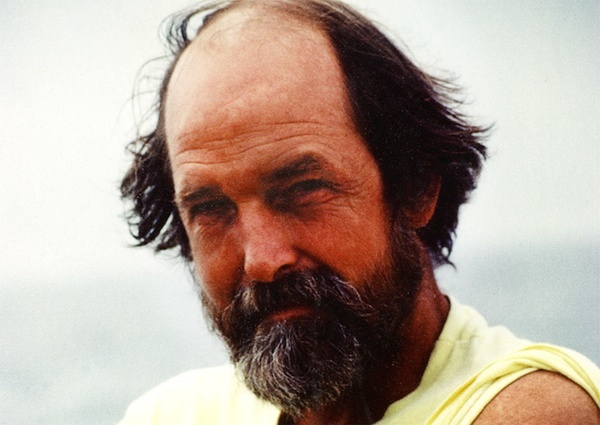
Reflections on Les Blank.
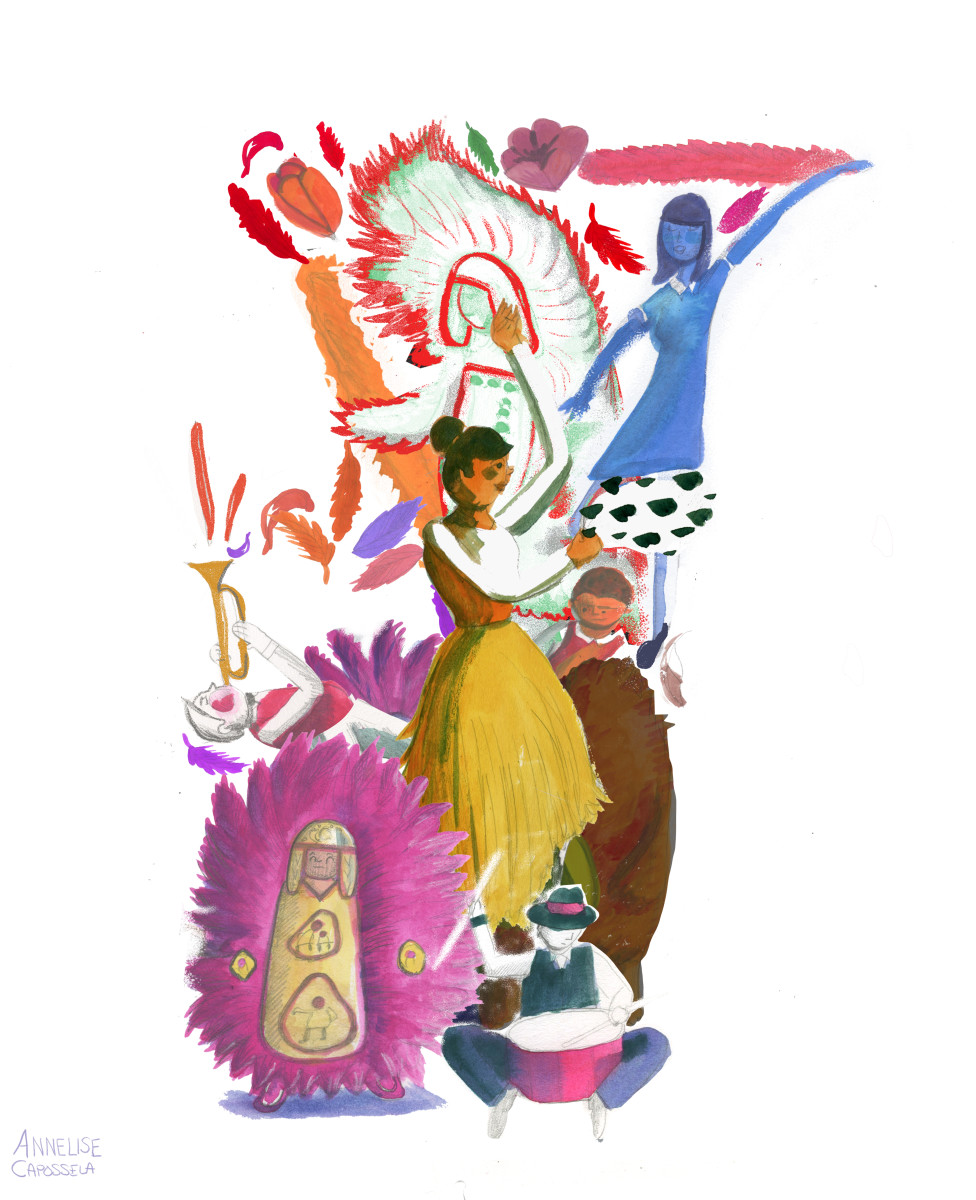
Reflections on jazz, improvisation, and the New Orleans Jazz Fest, 2014.

Flash Fiction: What, for you, is the clearest image of happiness?

Unearthing the stories of “coolie women”—early-twentieth-century indentured laborers shipped from India to work on sugar plantations across the colonial world.
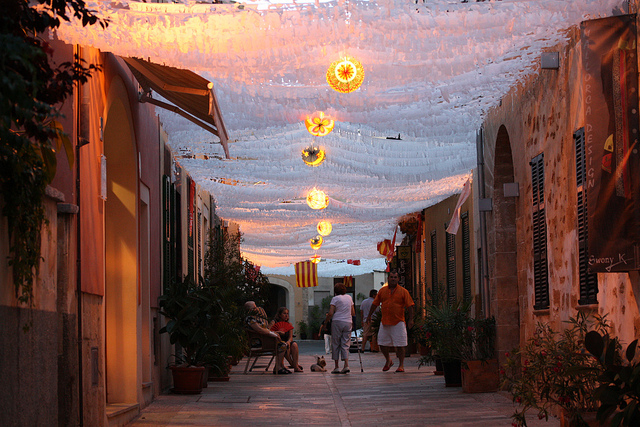
A tale of belonging and not belonging in Mallorca, Spain.

New York City: an infection story.
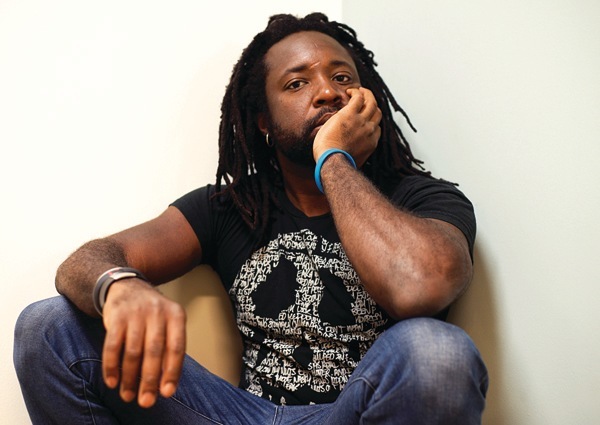
The author of A Brief History of Seven Killings on Bob Marley, writing terror explicitly, and why sloppiness serves good storytelling.
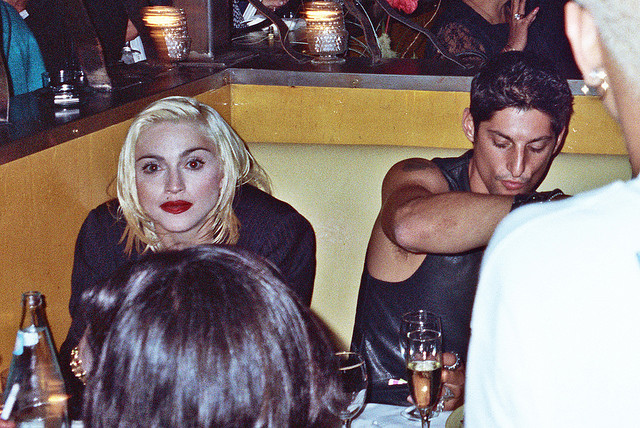
On community, urban sprawl, infant mortality, and the Albany food co-op.
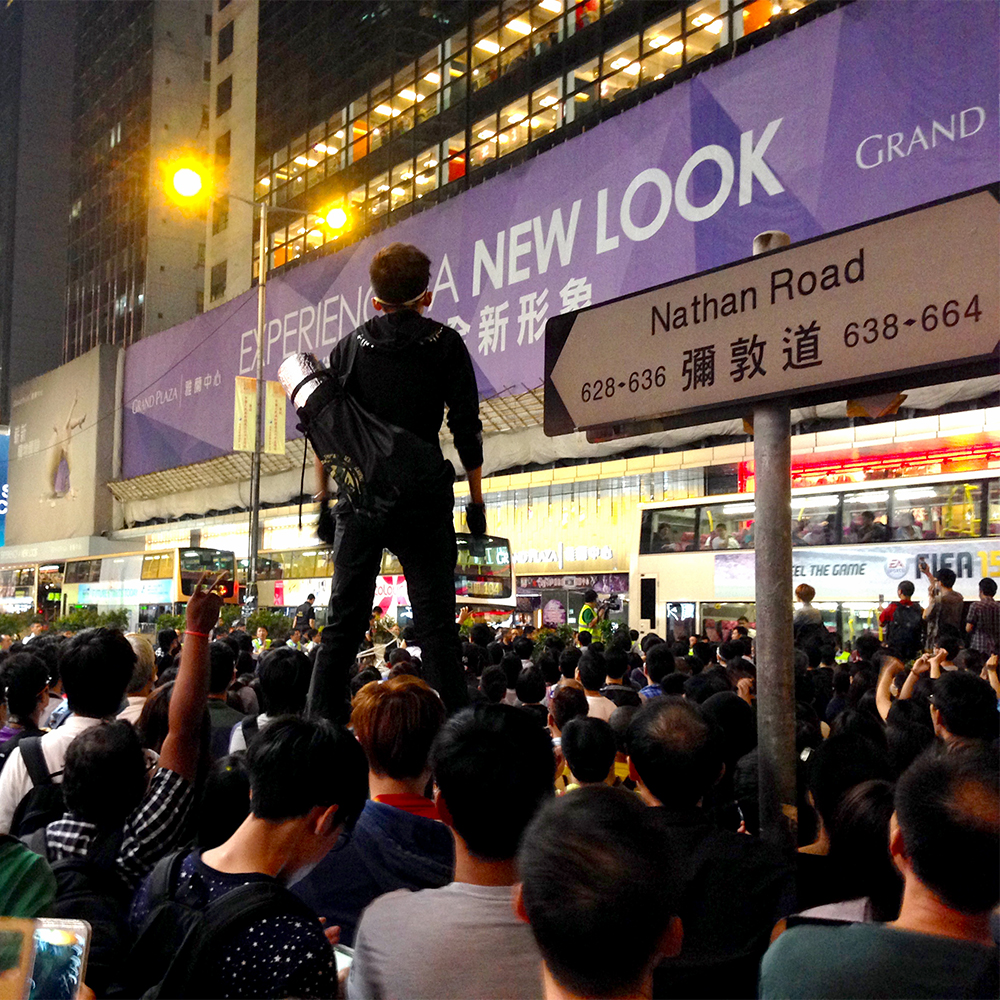
Our latest dispatch from the pro-democracy Occupy movement in Hong Kong and the frustrating talks between students and government officials.

In his new book, Owen Jones doesn’t convince with his conspiratorial theory of a neoliberal British Establishment, but he makes a vivid case for the disastrous effects of that ideology.
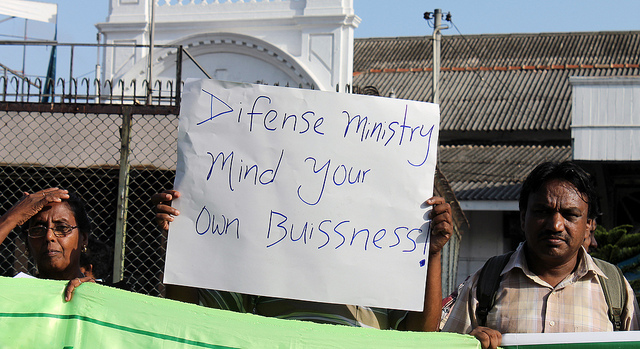
Aditi Sriram talks with the author of 'The Seasons of Trouble' about the five years it took her to write about Sri Lanka post-civil war, and whether the 'trouble' is really over.
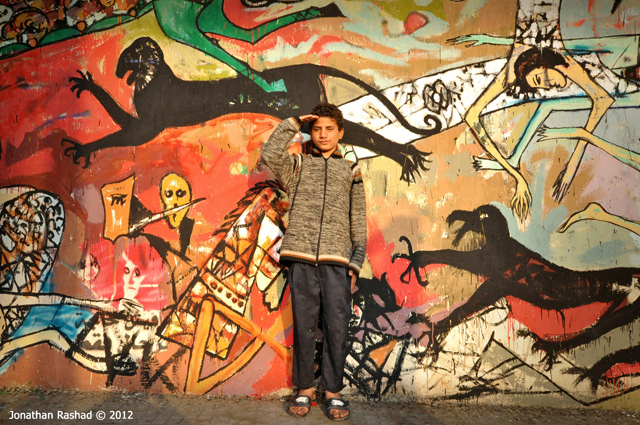
Consider this practical advice before running a successful dictatorship.
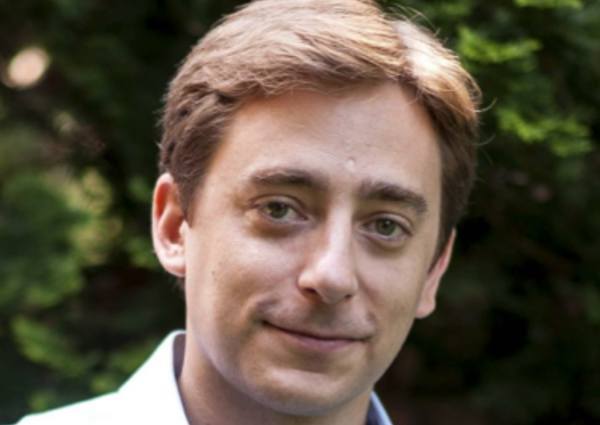
The longtime Beijing correspondent on the roots of dissent in Hong Kong, China’s “Me” generation, and the precarious expansion of Chinese civil society.
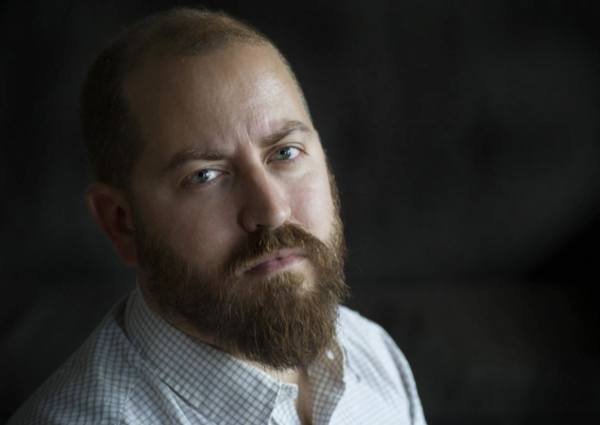
The writer on coming of age in dichotomous Baltimore and being warned against writing about race.
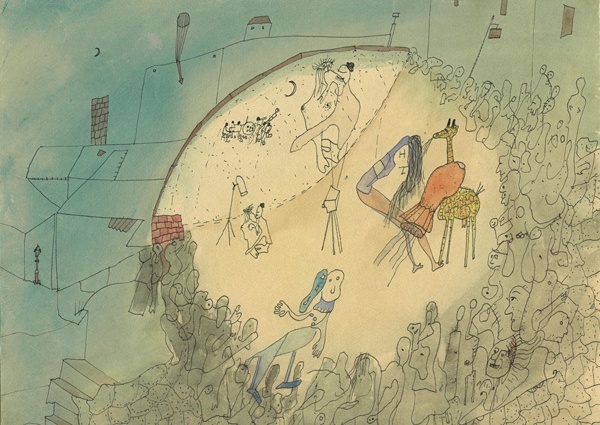
The curator discusses her preference for non-linear perspectives and truly independent thinkers.
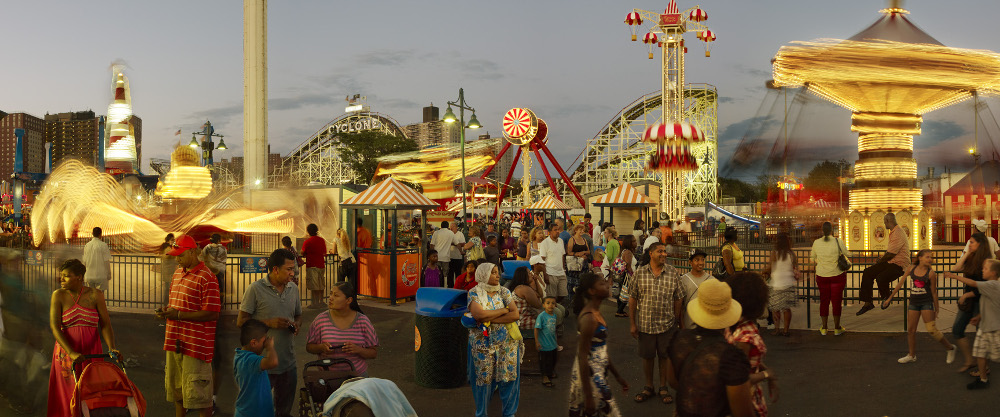
Liao’s panoramic images of the city appear to be documentary. In fact, nothing is true.

The author of Booker-shortlisted novel The Narrow Road to the Deep North talks with Dwyer Murphy about the Death Railway, family history, and the trouble with empathy.
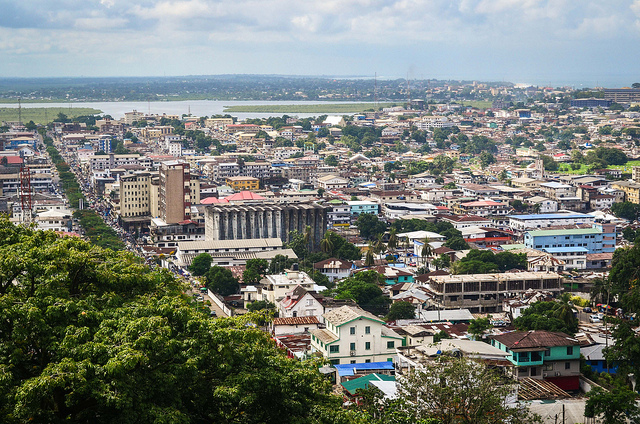
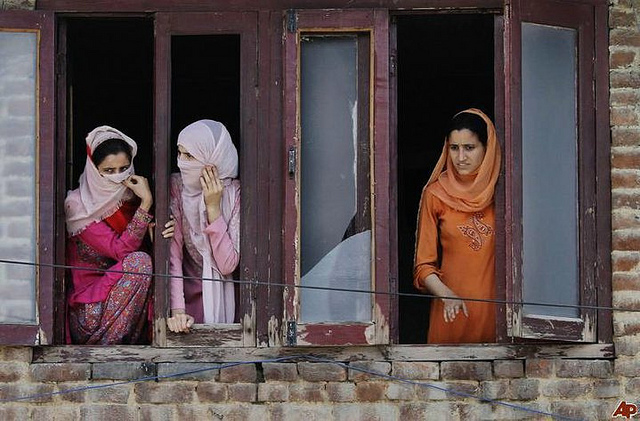
In the 1990s, as Kashmiri men fighting Indian occupation were tortured and killed, Kashmiri women silently suffered through a different kind of war.

For-profit colleges have become American Dream crushers and factories of debt.

How labor issues are expressed through assimilation and exile, in fiction and in real life.
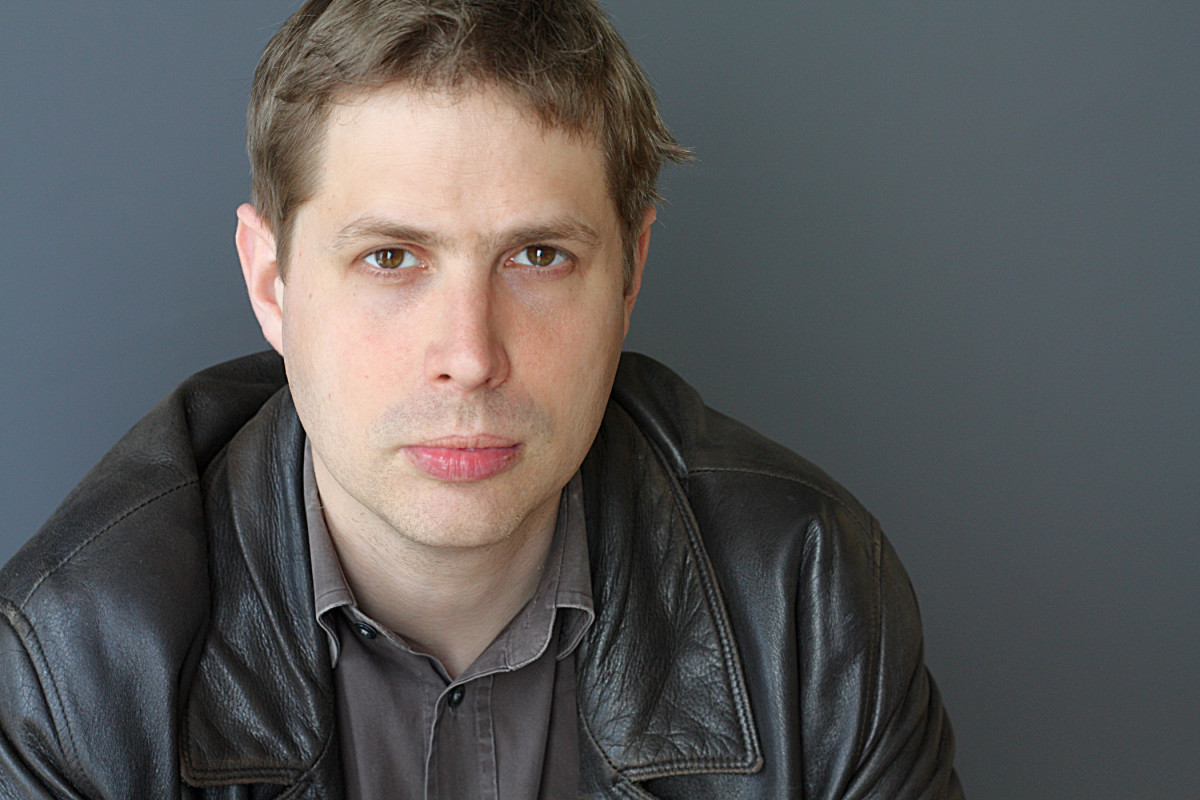
Philip Zimmerman talks with the acclaimed novelist about false starts, art world con games, and why fate draws us to the novel.
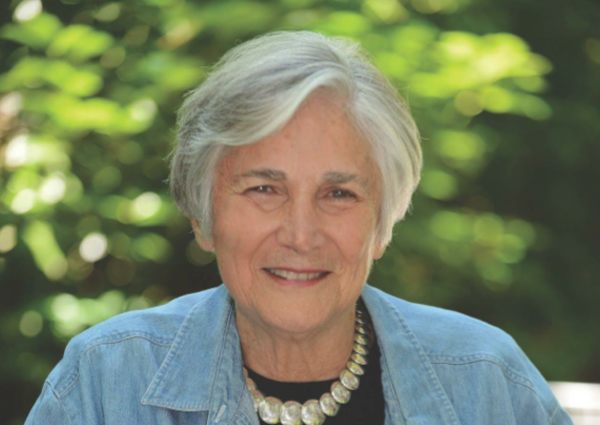
The former assistant secretary of education grapples with the school-reform movement and the systemic issues that plague American education.

The debut novelist and former Jehovah’s Witness on being a child preacher, leaving the church, and the safety of a good book.
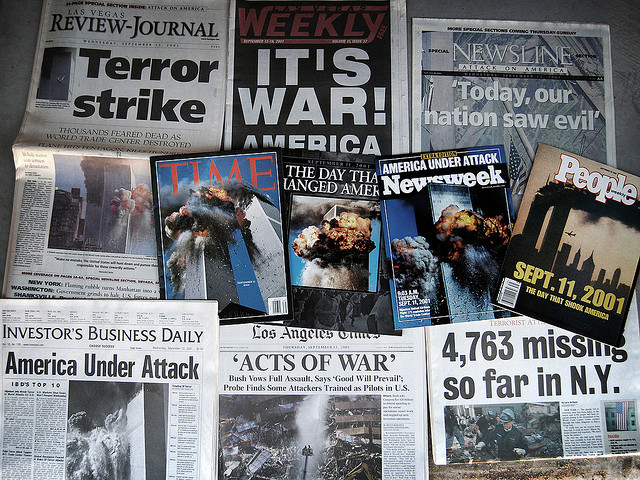
Photos are how we remember. The 9/11 images we no longer see are growing gaps in our collective memory.
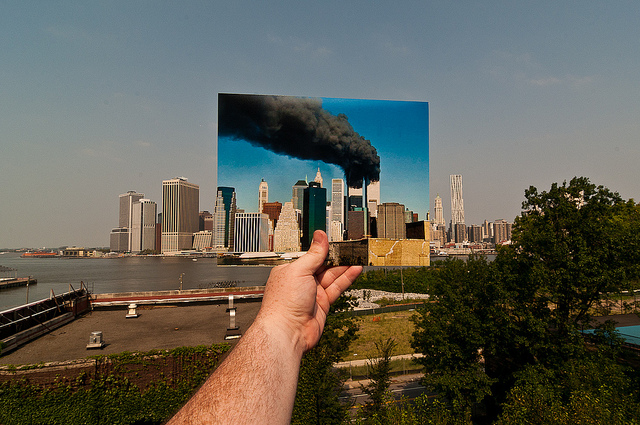
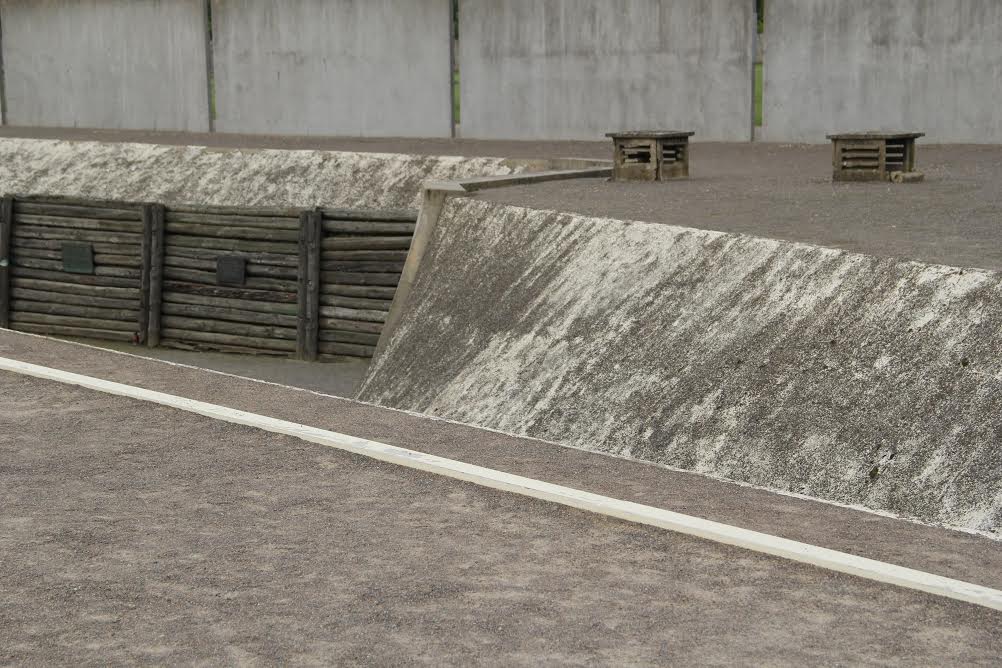
Brutality must be compartmentalized in respect for its victims.
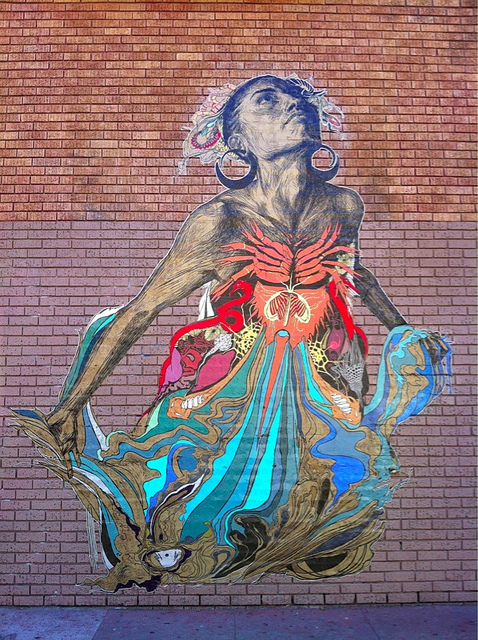
Flash Fiction: My mother is the goddess of the seas. My fetus still floats in her womb.

A degree shouldn't be the only way.
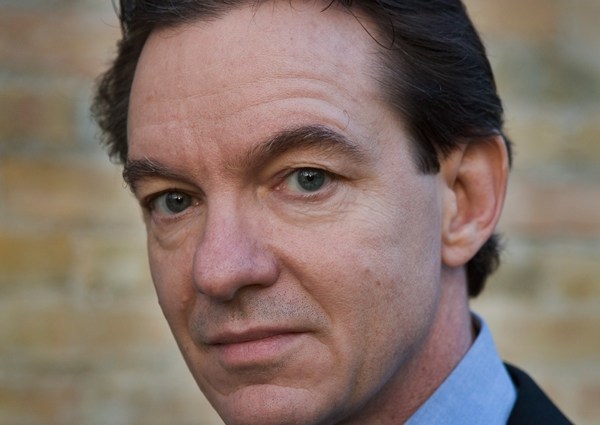
The Pulitzer Prize-winning writer mines the ongoing resonance of the Camp David Accords, on stage and on the page.
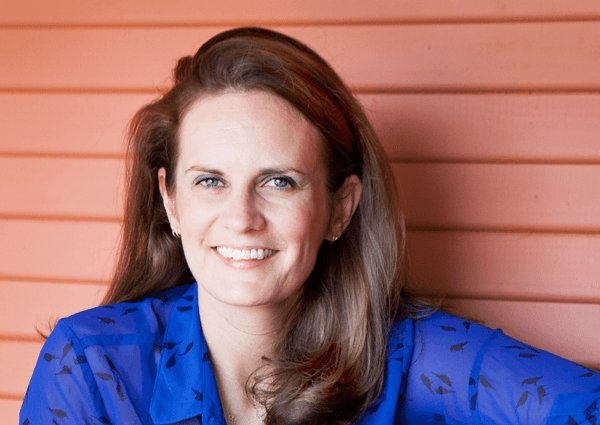
The novelist and reproductive rights advocate on motherhood, sex, and the sensuality of restaurant life.

Disregarding Hunter S. Thompson’s advice, Danny Lyon set off to “record and glorify the life of the American bikerider.”
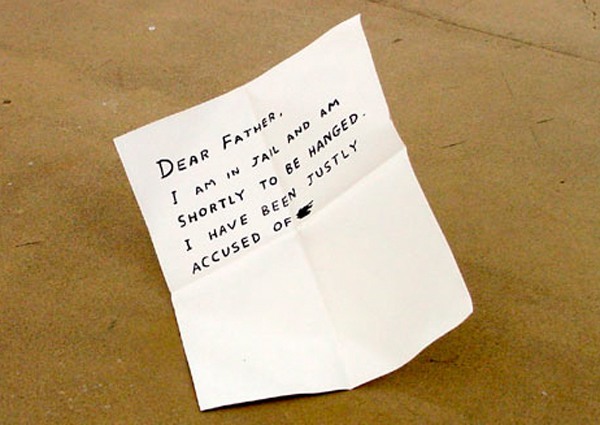
I don’t remember the trial, of course, but I’m told there was a stink of hatred in the room that would undo your tie.
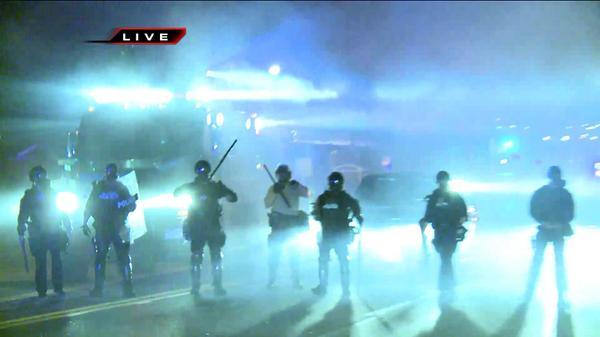
A veteran of Afghanistan on the botched militarization of the Ferguson police.
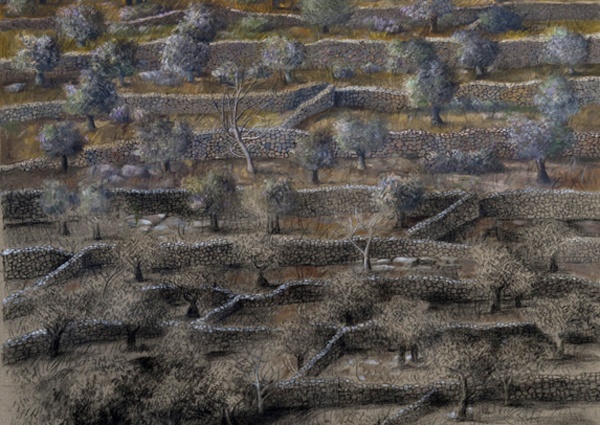
I admit my decision to move my family to Gaza is kind of strange.
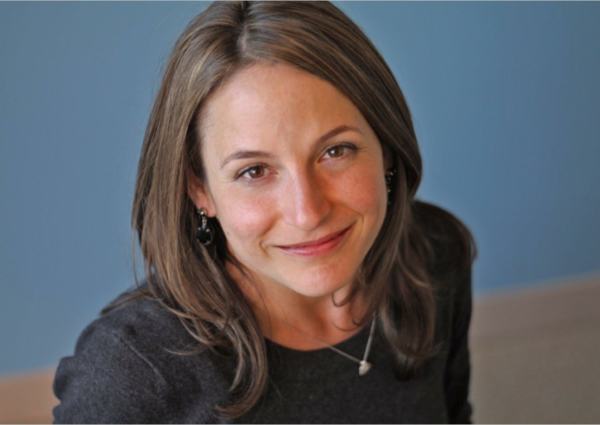
The acclaimed novelist on the secrets, dreams, and myths that fuel her storytelling.
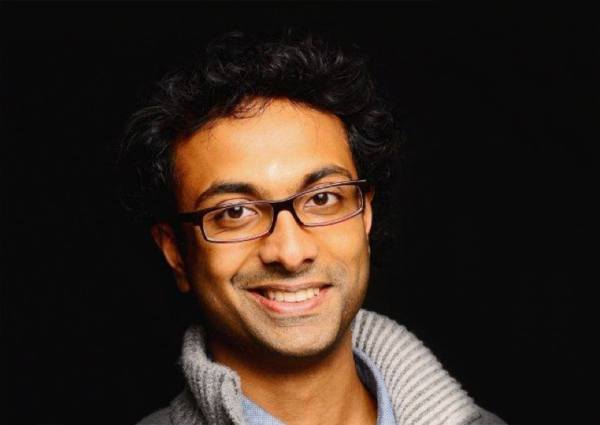
A mathematician destined for a plum job in finance drops everything to become a freelance journalist in war-torn Congo.

The novelist and visual artist discuss their collaborative work “The Mastermind y lo contrario.”

Bigness required boundaries but this water had none save the shore we stood upon and the end of my eyeball’s reach.
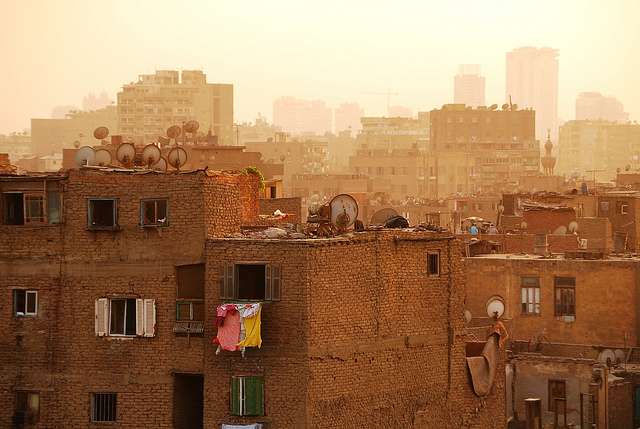
A year after the Raba’a massacre in Cairo, one writer struggles to redraw her relationship to the city.

An Indian politician retaliates against religious offenses by compiling his own, even more blasphemous, thoughts on religion.
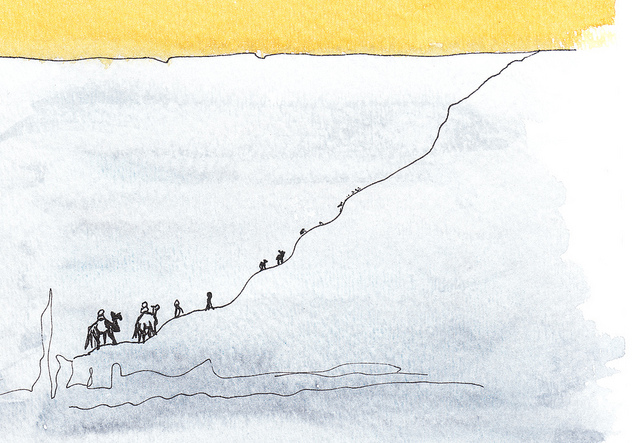
Flash Fiction: Now, dearest Queen, let me be direct—why I’m writing to you? I need your help in this country.
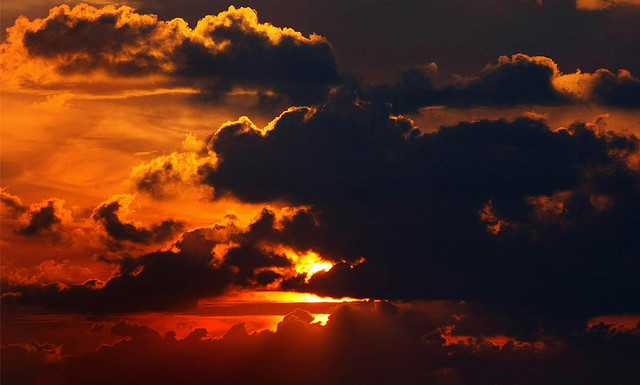
Dispatch from Gaza: A diary entry describes one hour of a sleepless night during the fighting.

On the nuclear weapons era, or the true end of the beginning.

How to wean our mental health system off a diet of pills and insufficient medical access.

The novelist on mythic creatures, horror stories, and sensory maladies.

The author on crafting new sounds, creating female characters, and portraying sex in literature.
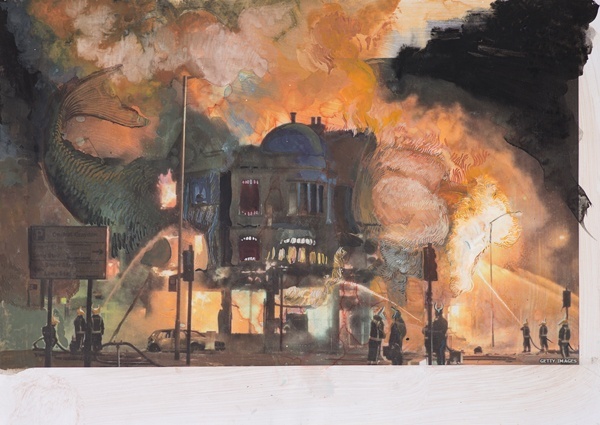
The curator on the New Museum exhibition Here and Elsewhere.
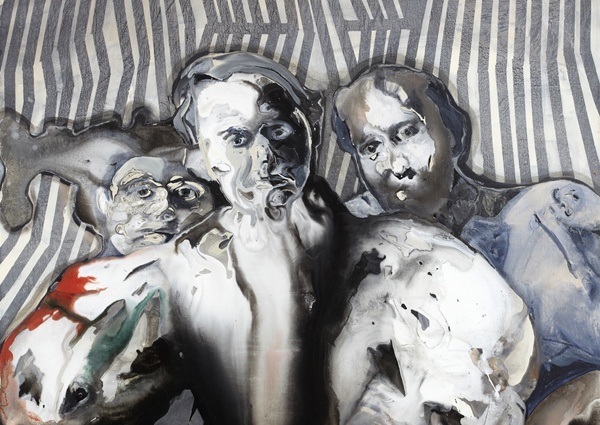
I knew that the Confiscator was a bad man. I knew that my father hated and feared him.
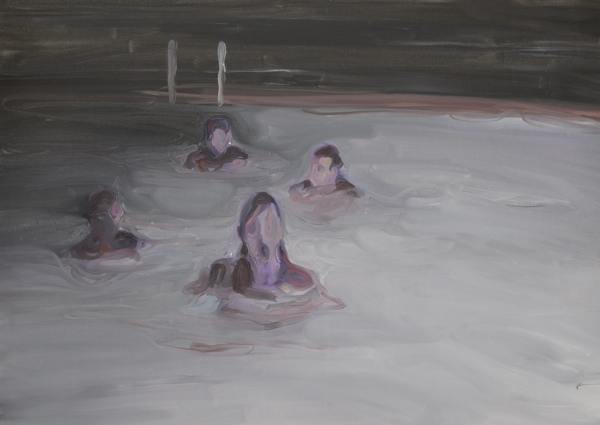
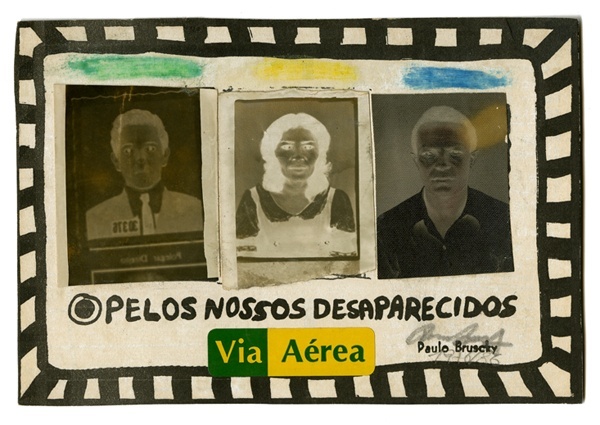
A New York-based Brazilian writer considers her country’s unrest through the work of performance artist Paulo Bruscky.
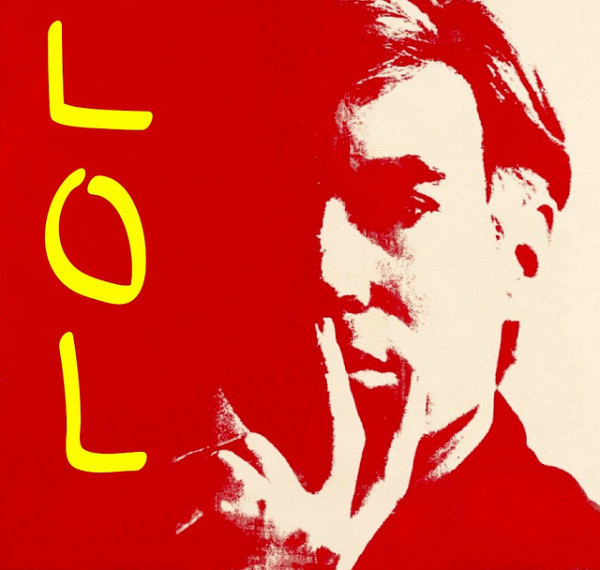
An Andy Warhol online auction hosted by Christie’s may have been good for commerce but was bad for the art.
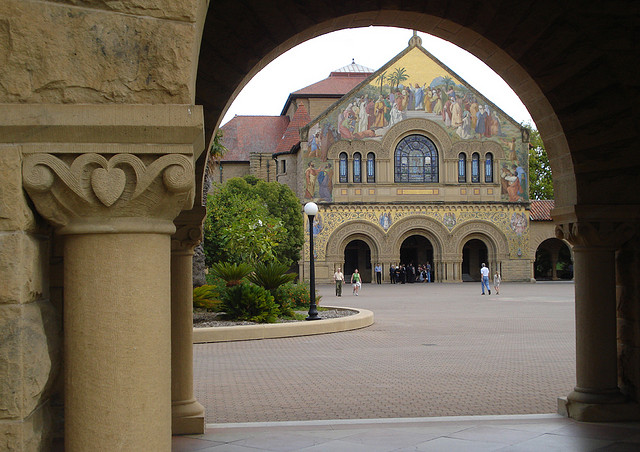
The Stanford legacy includes a gorgeous campus and the origins of corporate personhood.
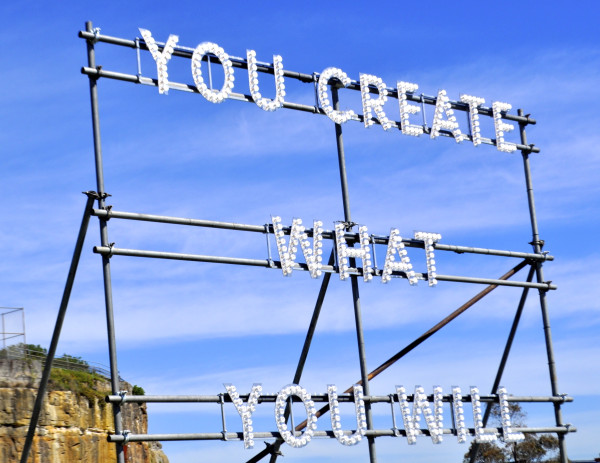
Eight artists on this year’s controversial Biennale of Sydney, and the ethics and politics of funding the arts.
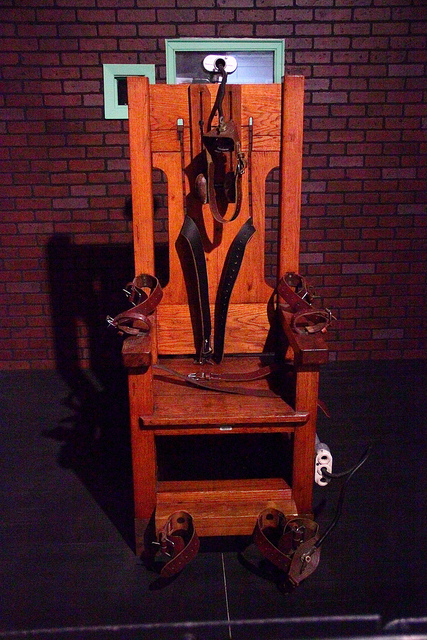
Clayton Lockett’s death exposed the secrecy that corrections departments across the country have imposed on executions—and shows us how unreliable and painful lethal injection really is.

Working at an outreach center puts a young idealist on the road to apathy.

Is Tech 2.0 boon or bust for quality of life in the Bay Area? A tourist investigates.
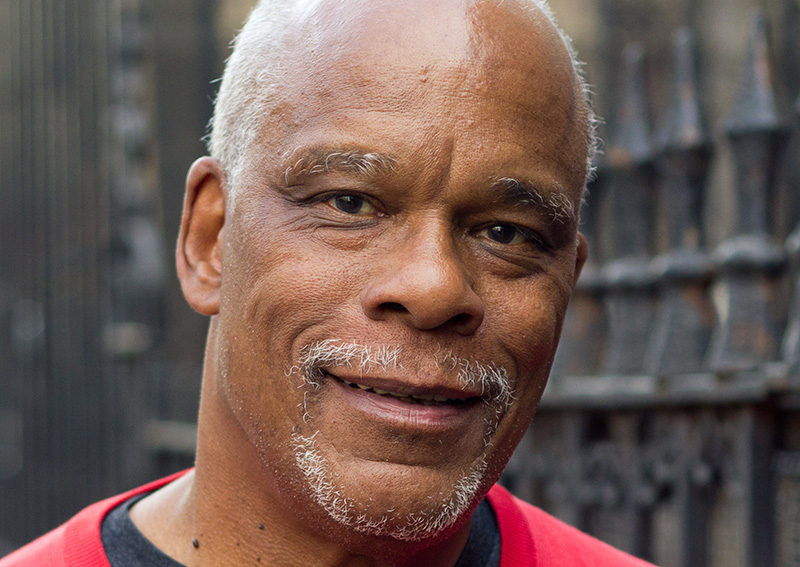
The Freedom Summer director on Mississippi and the role of music in civil rights.
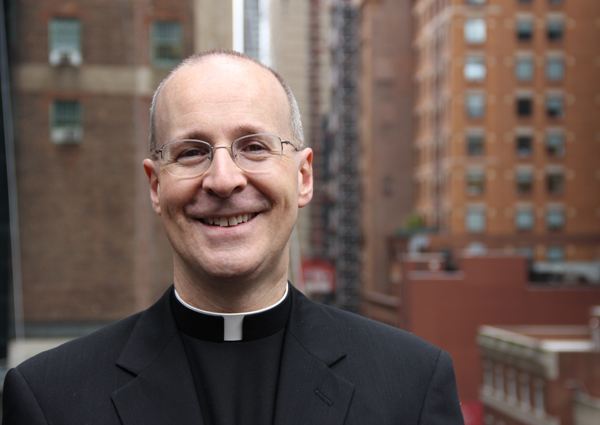
The Jesuit priest, author, and avid tweeter on telling the story of Jesus through his divinity, and humanity.
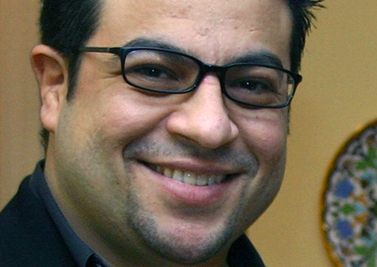
The Jadaliyya co-founder on telling alternative stories about the Arab world, understanding the life cycles of revolution, and confronting “the weight of ancient problems.”
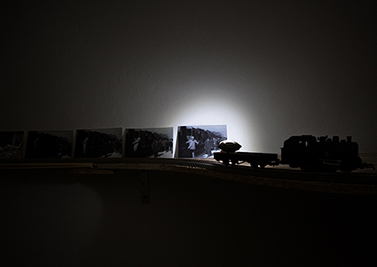
In Not Afraid of Film Anymore, Czech artist Tomáš Svoboda examines how we have become calm observers of modern horror.

The artist defaces dictators who amassed illegitimate power, and works of art.
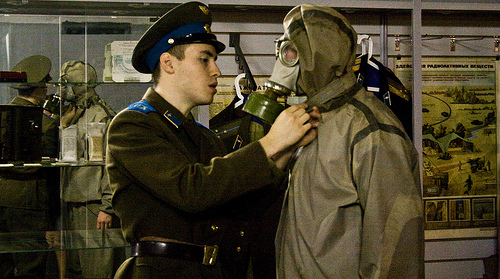
Despite all the efforts to whitewash the dangers of nuclear power, we still remember its catastrophic potential.
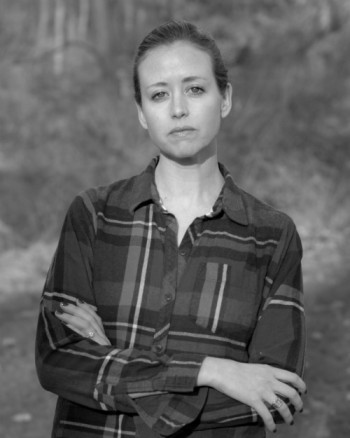
The author of The Isle of Youth on Florida, her influences, and the pressures of conformity that female writers face.
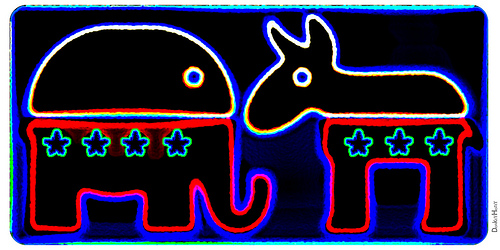
It’s not Americans’ jobs, but big business’s supply of cheap, compliant labor.
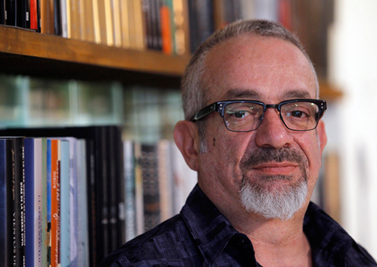
The Lebanese-American author on the dangers of writing what you know, the constant fear that he’s destroying his career, and why he believes that much of contemporary U.S. fiction is “not adventurous enough.”
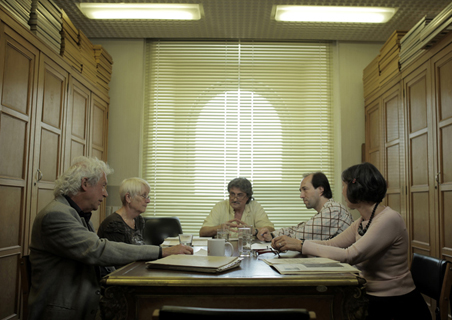
An excerpt from Karolina Breguła’s short film about a Hungarian town’s fear of modernity.

Flash Fiction Crazy is not hereditary or anything like that.
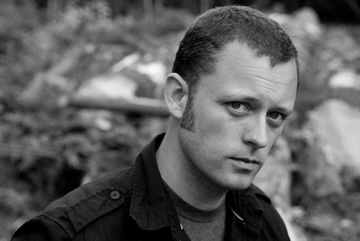
Alicia Oltuski talks with the novelist about writing habits, slippery science, and terror.
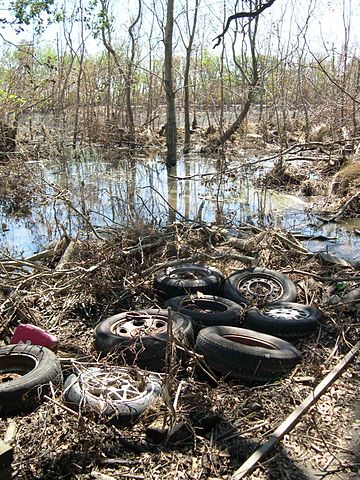
Disasters may be natural, but who survives and who suffers most is often political.
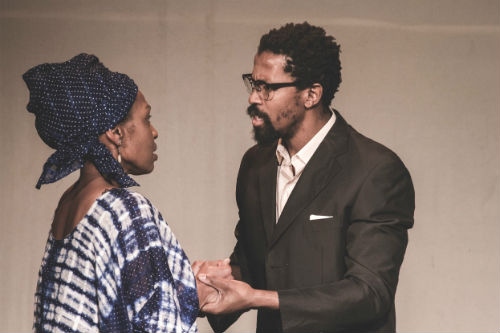
A recent production of Aimé Césaire’s A Season in the Congo demonstrated the play's tragic resonance. One wishes the story was further from truth.

Part essay, part interview, part author, part reader, part 'she,' part The Man of Small Vital Facts.
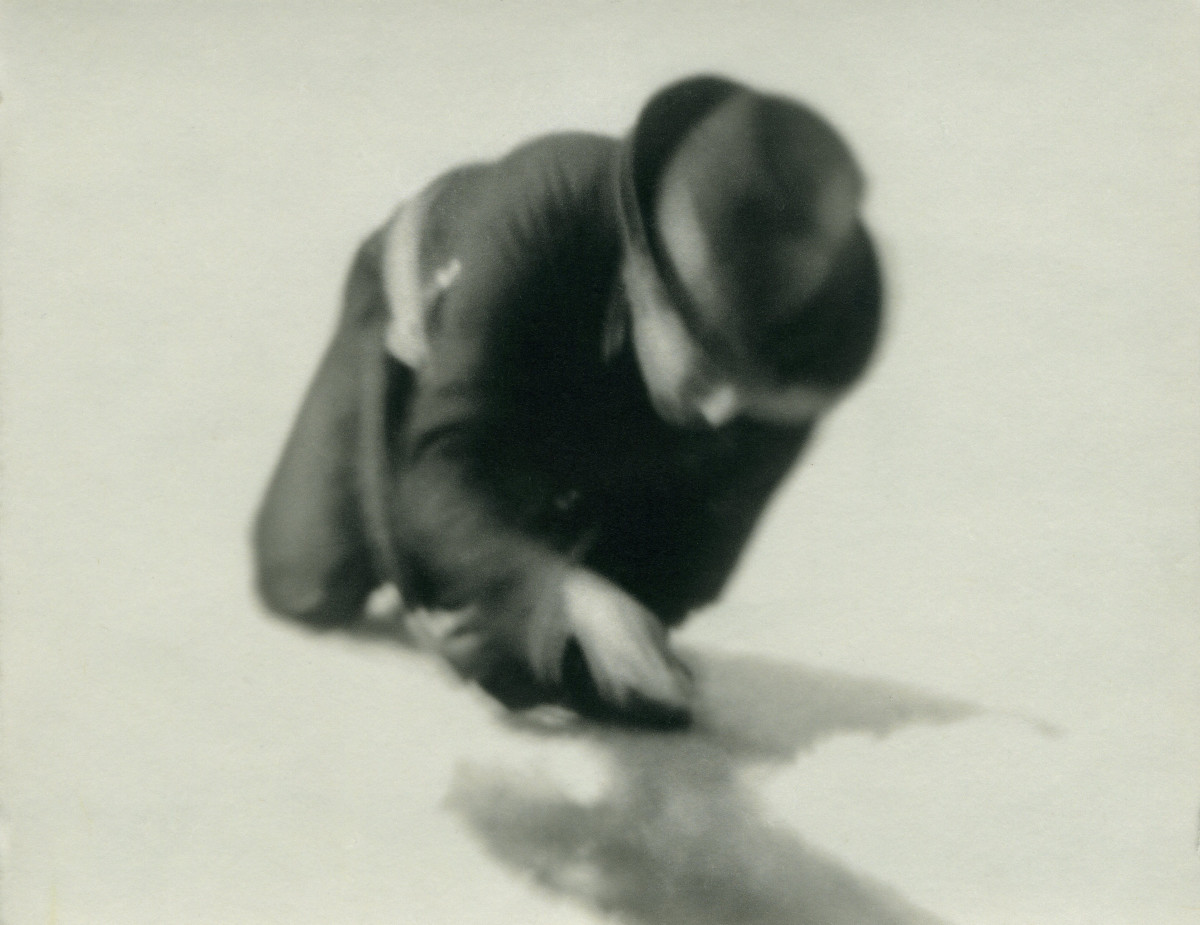
A photographer who understands Nabokov’s assertion that “imagination is a form of memory," that as human beings we are forever recreating our own lives.
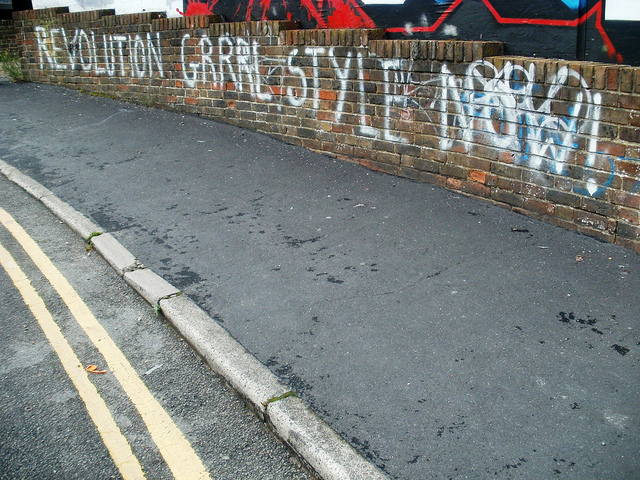
On The Punk Singer and Kathleen Hanna’s riotous remaking of American grrrlhood.

The writer reflects on love and disease after losing his partner.

After eighteen years in South Carolina, the first state with its own border patrol unit, a woman makes the decision to “self-deport.”
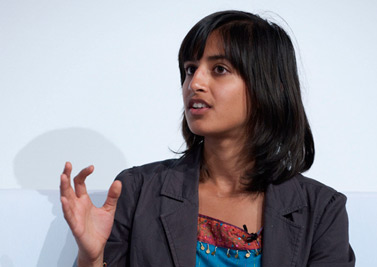
The longtime climate change activist talks about online organizing in the Global South and the incremental nature of political change.
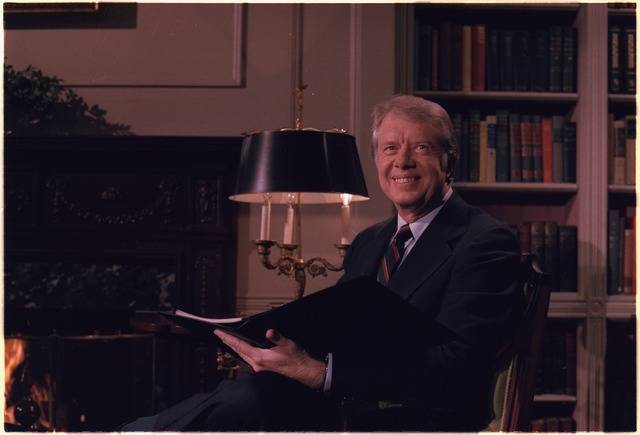
Move over, Dear Abby. Colonel Manners answers your questions on the etiquette of war, nuclear threats, and civilian surveillance.

Investigating the assassination of former Pakistani prime minister Benazir Bhutto, the UN lead commissioner recalls the surveillance and corruption that obstructed his team’s search for answers.

In Turkey, different colors have long been associated with particular beliefs. Most recently, a rainbow coalition has spread across the country.

In the occupied West Bank, “Undesirable life is ended, and unauthorized death is banned.”
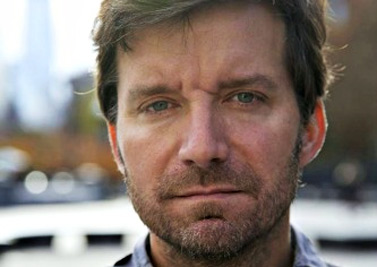
The acclaimed & Sons author on the importance of entertainment, his slip into obsessive-compulsive behavior, and why he believes Salinger chose seclusion.
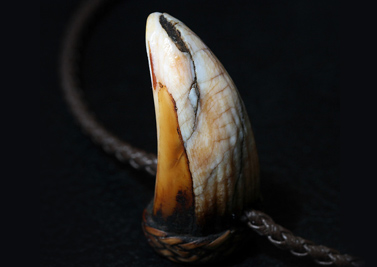
The husband did not stop until he reached the ocean. Did not turn to wave at the woman he would widow.
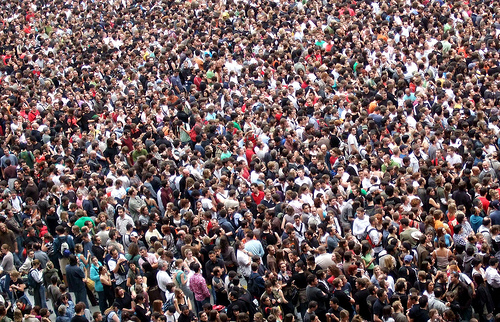
Frank pays John to meet him at a hotel when Frank is in town so John can tie him up and leave him alone like that for eight to ten hours.

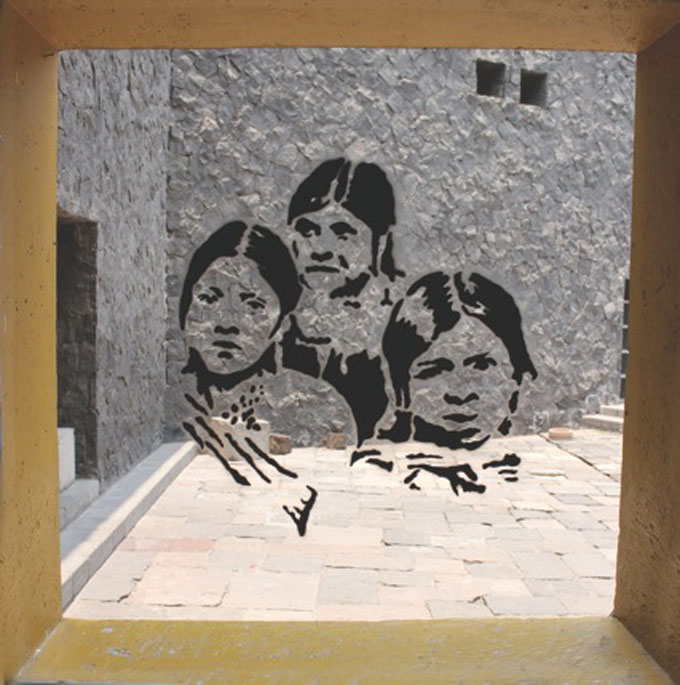
Forty-five years after authorities crushed a peaceful student movement in Mexico City, a graphic design collective champions their cause through political prints and cultural workshops.

In 'Never Built: Los Angeles,' a new exhibit at the Los Angeles Architecture & Design Museum, a city’s unfulfilled past offers inspiration for its future.
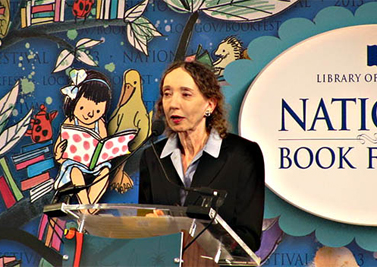
The prolific novelist on historical fiction, overthrowing oppression and her two most recent works, Daddy Love and The Accursed.

The writer-musician rewrites the Battle Hymn in his new novel, The Good Lord Bird.
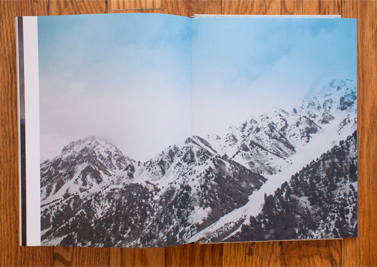
The photographer’s new book defies borders and conventions in central Asia.

The second installment of “The Social Author” looks at multimedia storytelling, from the Chauvet cave to the internet café.
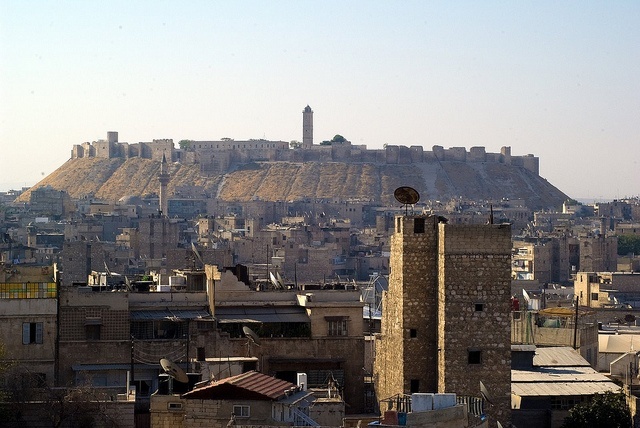
The Syrian poet Adunis has largely stayed silent about the civil war currently ravaging his country. His work, though, can help us reflect on the ongoing conflict.
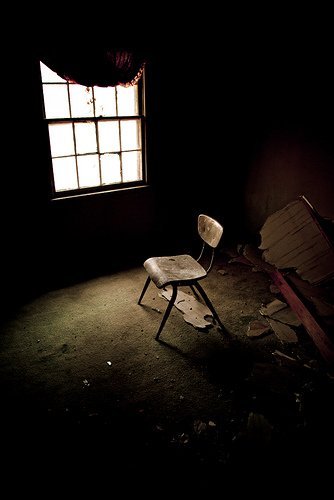
No need for physical pain. Abandonment, helplessness, let a man feel these, and it’s more than enough.
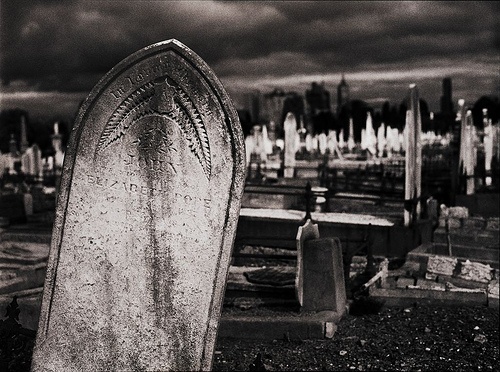
The death of American exceptionalism—and of me.
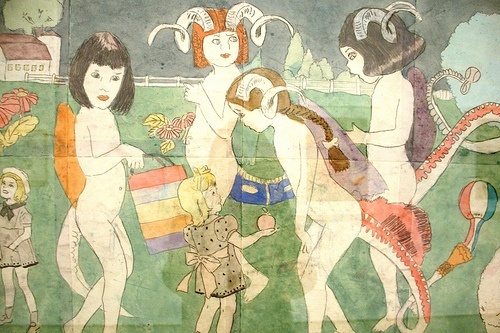
The work of the prolific outsider artist defies labels.

Why isn’t required for every newborn?
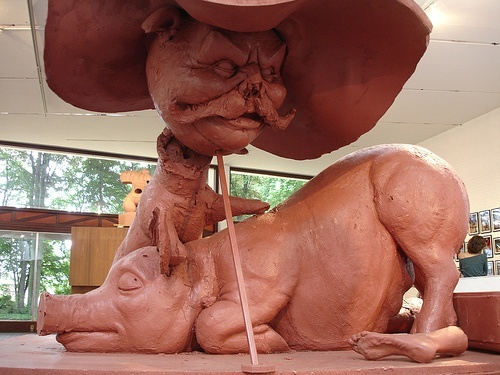
What the work of James Turrell and Paul McCarthy mean in the contemporary art world.

As the New York Writers' Coalition annual Write-a-Thon approaches, some thoughts on the role of creativity binges—and community—in the writing life.

“American exceptionalism” does not mean what most people think it means.
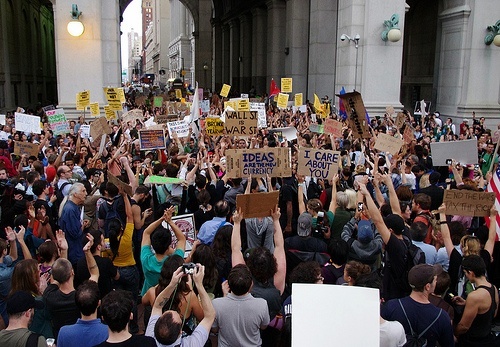
Thoughts for the second anniversary of Occupy Wall Street.
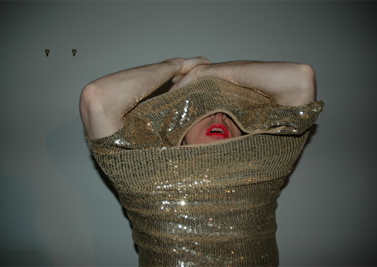
In the modern redux, penis is patriarchy, and patriarchy is violence. But must to show one's penis be to endorse power and privilege? An, er, intimate reconsideration of male nudity.

A map showed a tiny airplane, a jagged line trailing it, seemingly hovering over a dot named "Teheran."

The wolves patrol back and forth and back and forth along the forest periphery and terrify the village children but not the parents—the parents are too busy with their politics and knickknacks to notice much about the wolves.
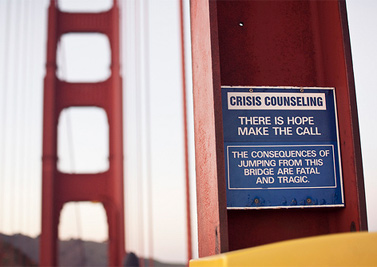
Suicide survivors on the uncanny allure of the Golden Gate.

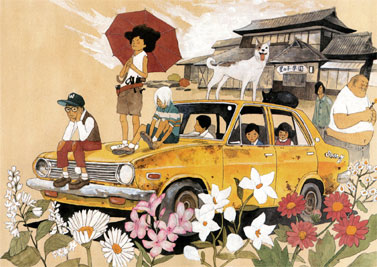
A champion for the bildungsroman publishes his first confessional novel based on his childhood.

They were full of stories, and right from the beginning they wanted to tell them all, and when they did they would look at him as if to encourage him to learn them by heart
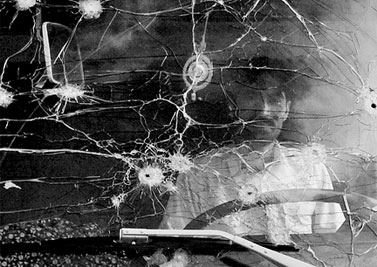
In a pile, like sea anemones, the boys’ penises were dusted with sand and, in the starlight, bluish.
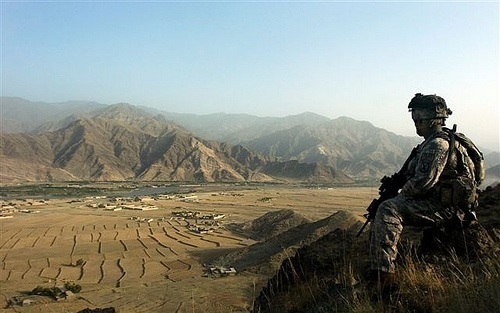
A review of David M. Kennedy's The Modern American Military reveals the trade-offs we've made for our ultra-professional, self-contained, all-volunteer force.
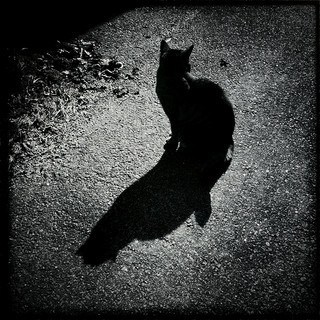
She said this was for my own good—if I was kept in the dark, I would never be afraid of it.

Tracing Antifolk’s aesthetics and community, from the Lower East Side to Berlin.
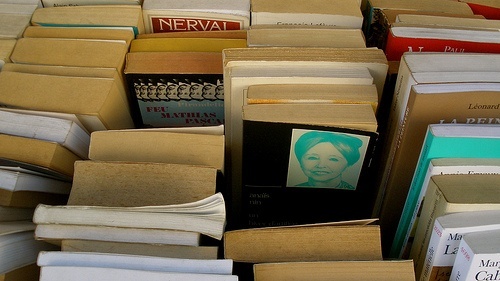
The founding editor of Apology talks with Rebecca Bates about the trouble with lit mags, defining pornography, responding to book-hype, and avoiding becoming a weird old man.

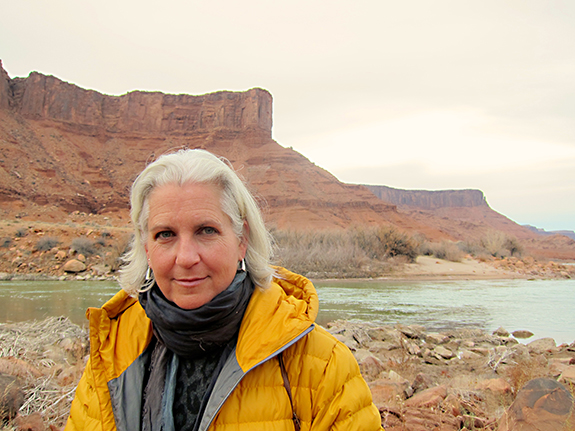
The writer-activist on the qualities of silence, bearing witness to trauma, and seeking sustenance in the world’s fragile beauty.

In Syria, a photographer captures his subjects' pleas for normal life against the backdrop of the war-weary landscape.

He leaned back into his driver’s seat, closed his eyes, and waited to feel something for the dead man.
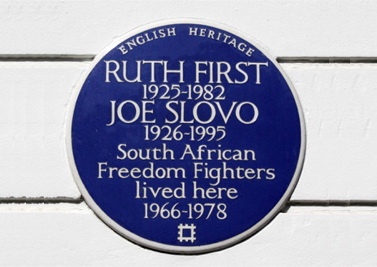
The Nobel laureate on Ruth First and Joe Slovo in the War Against Apartheid, a new biography of South Africa’s revolutionary couple.
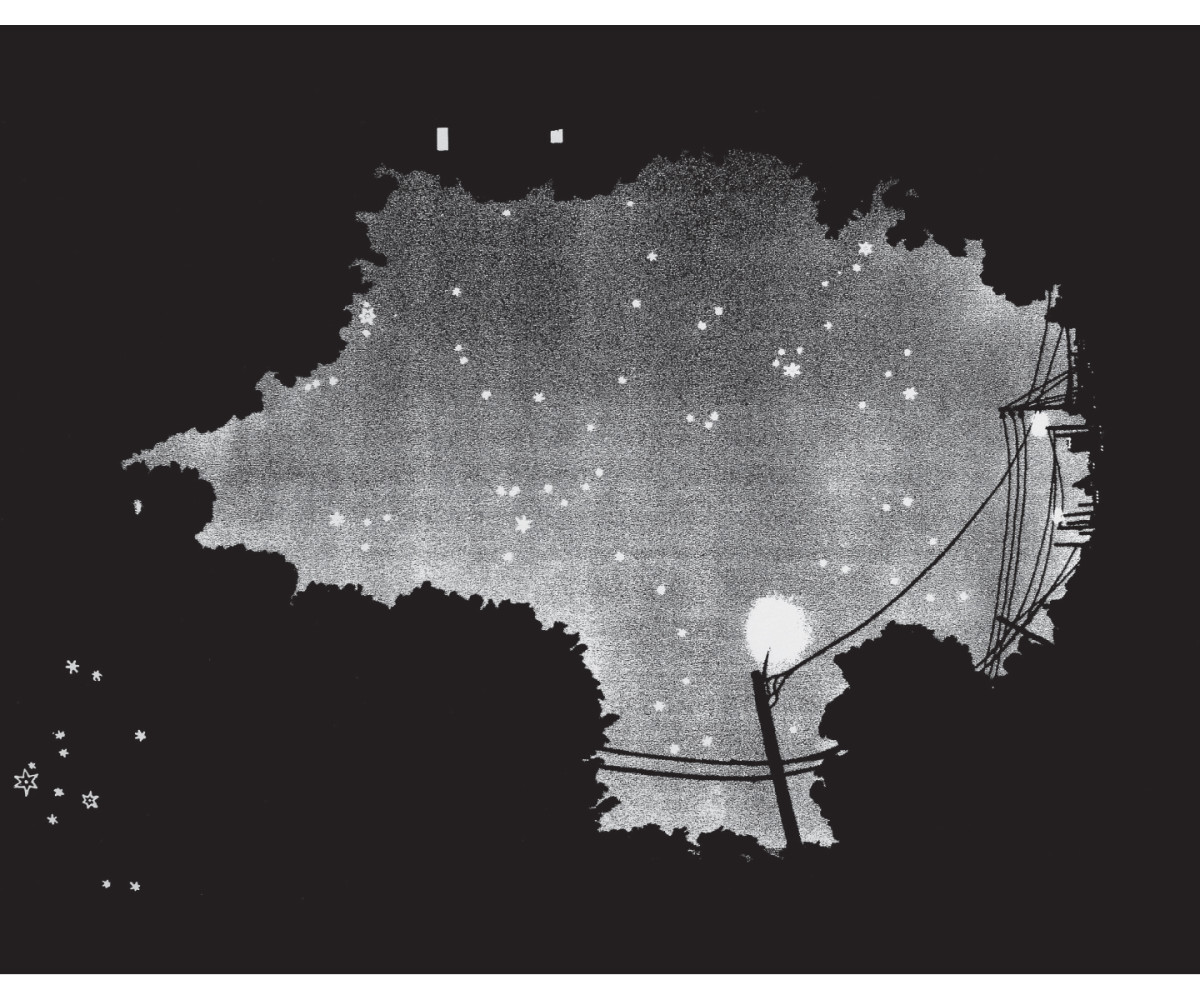
The radical geographer explores the hidden, unmapped stories of his neighborhood in Raleigh, North Carolina.
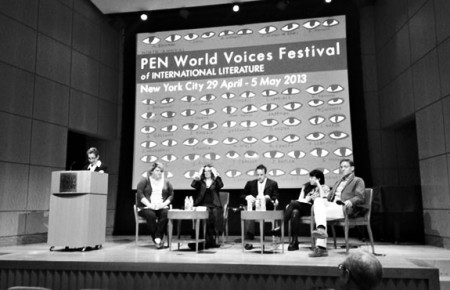
Four writers on the gendered world of confessional writing, telling the truth about loved ones, and the line between bravery and betrayal.
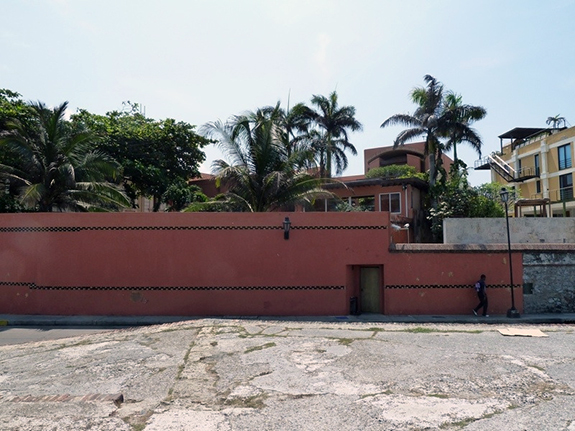
Reading Gabriel García Márquez’s morbidity in the happiest country on earth.
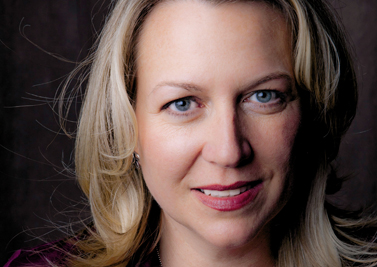
The bestselling author of Wild on the Pacific Crest Trail, bringing consciousness to bear on the work, and how success has been met with a backlash.
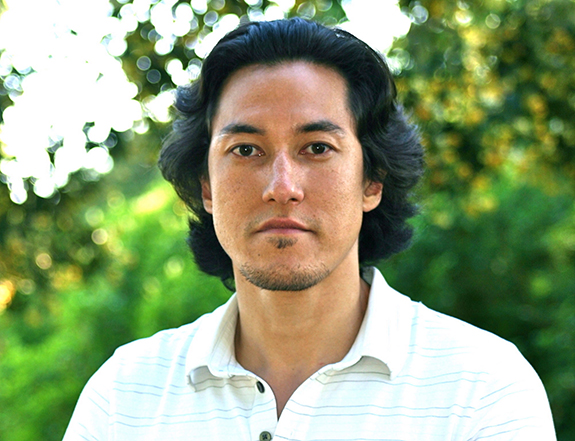
The West Point grad turned anti-violence advocate on the havoc of trauma, the false security of war, and training peace activists to be more like soldiers.
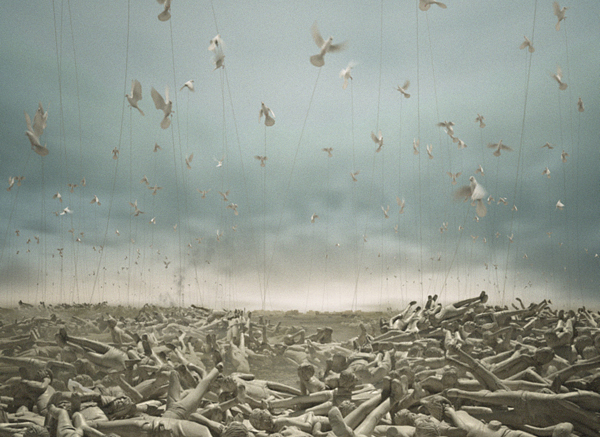
Conveying an Iraqi tragedy through form, motion, and sound.

Ma Bulpit said, “You’ll find it hard till you know the ropes. Those Lockharts… Australians mean well.”
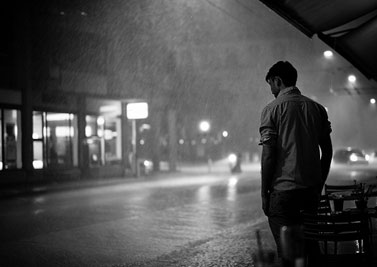
Not a word was uttered by an unknown man as he embraced an unknown twenty-year-old woman from behind on Boppstrasse.
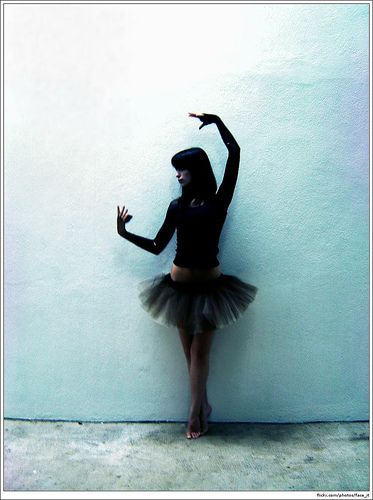
Keith Meatto talks with poet Gina Myers about leaving New York, darkness in poetry, and the difference between growing up and settling down.
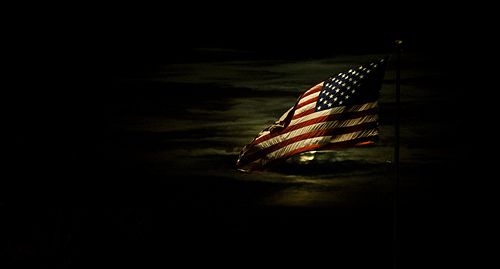
Imperial gigantism and the decline of planet Earth.

Flash Fiction: If he feels pushed, he will turn into a bull, a storm.
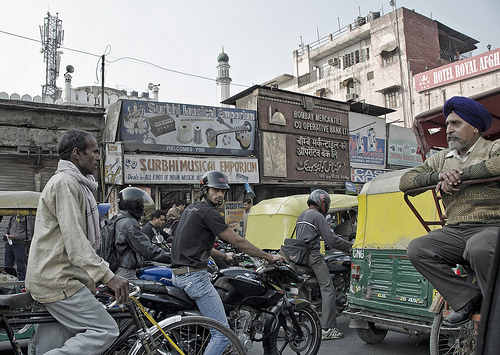
The activist and author reflects on childhood memories and the traffic of India’s Pink City.
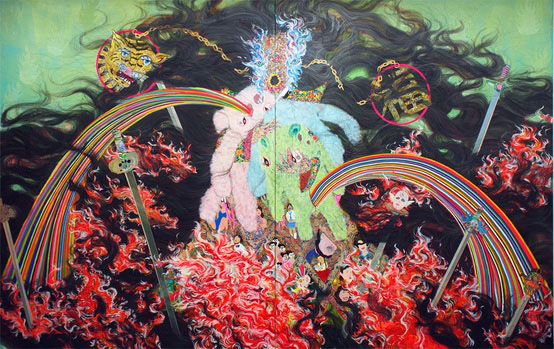
The mixed-material artist on the catharsis of Korean shamanism and why “the process of purification” is her natural subject matter.
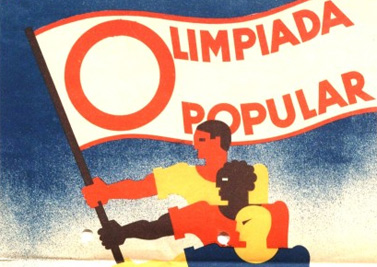
Europe, the thought of Europe swelled over the horizon, like a giant dirigible, strung with lights in a dream of suspended power, but filled, in the dream, with a gas about to burst into flame.

My uncle never did a bad thing to anybody, but one day while he was on his front porch eating an ice cream cone, two men came upon him, pushed him inside, tied his hands and feet, robbed his house, and shot him in the head
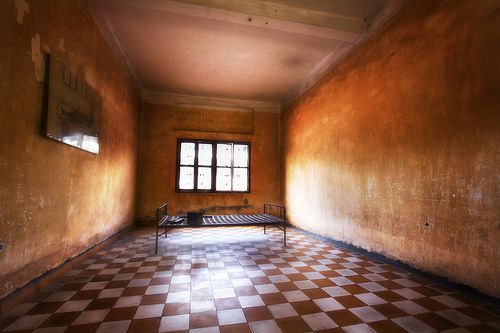
Flash Fiction: Dossier No. X recovered from Interrogation Cell B of Sala-XX
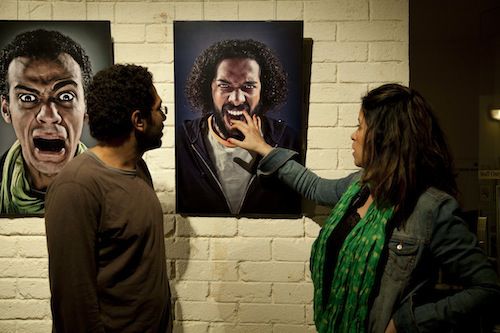
An artist catalogs usage of a versatile Egyptian swear.
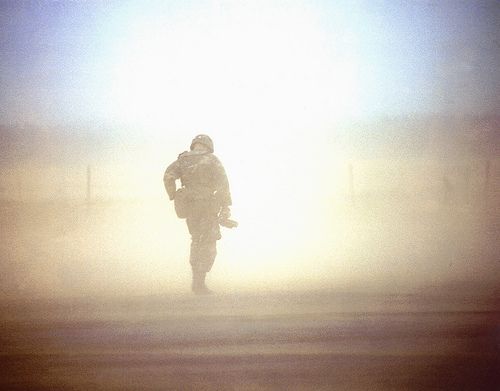

Rick Warren exports American-style evangelism—and the gospel of adoption—to Rwanda.

We're currently hiring interns for our editorial and publishing departments.
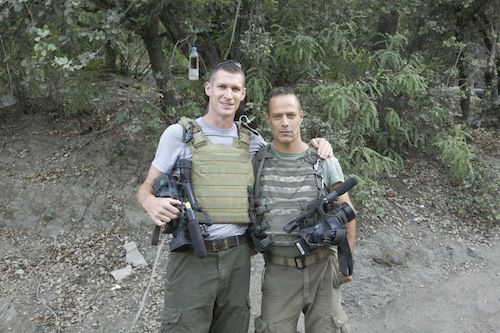
The director of Which Way is the Front Line From Here? talks with Leah Carroll about his friend Tim Hetherington, the strange allure of war, and what it takes to document combat.

A profile of photographer LaToya Ruby Frazier, whose exhibition A Haunted Capital is at the Brooklyn Museum through August.


Muriel Rukeyser’s lost novel and the recovery of work by women writers
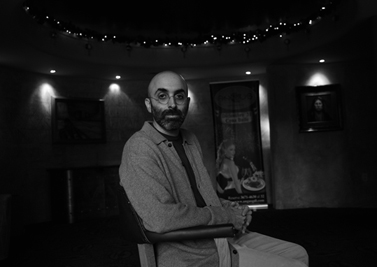
The Guatemalan writer on his grandfather's escape from Auschwitz, translation as collaboration, and giving readers "the words they deserve.
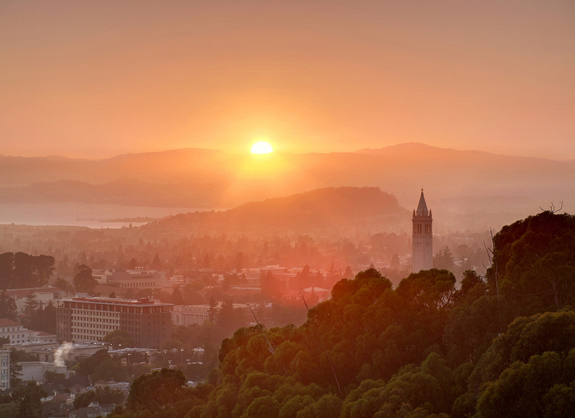
On the origins of Zaytuna College, the United States’ first Muslim liberal arts institution, and the scholars and students who call it home.
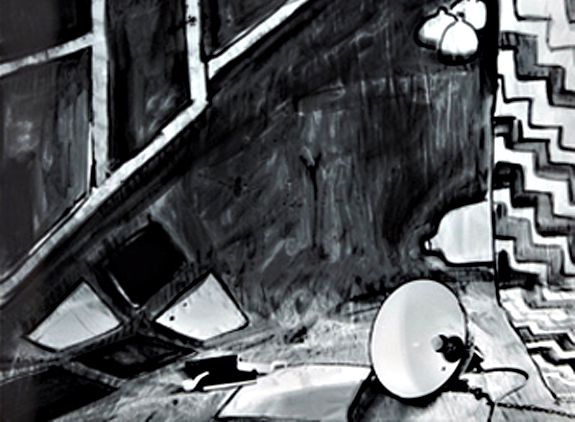
The multiform artist creates mixed-material worlds from ceramics, drawing, and photography.
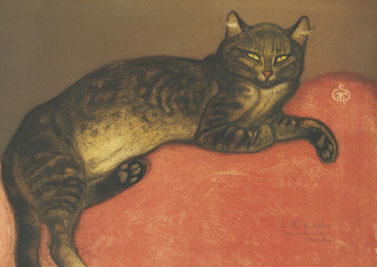
“Don’t worry, it will be okay, these things happen for a reason,” Ma Bille said. “As I always say: the worst thing to happen to you is for the best—”

Not much ever happened in Blaustein, but, even if it did, I would still remember the words she said, because it was the first time I’d heard them used, and their meaning, the parentheses they opened in my German existence every time someone used them, shocked me and made me feel like an intruder.

As part of our celebration of National Poetry Month, a conversation on Lynn Melnick’s collection If I Should Say I Have Hope.

The veteran war reporter’s advice to young journalists on safety, story, five-sense reporting, and the uses of rumor.
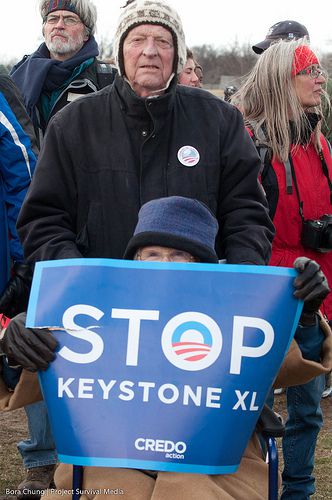
And if so, is that terrible news?
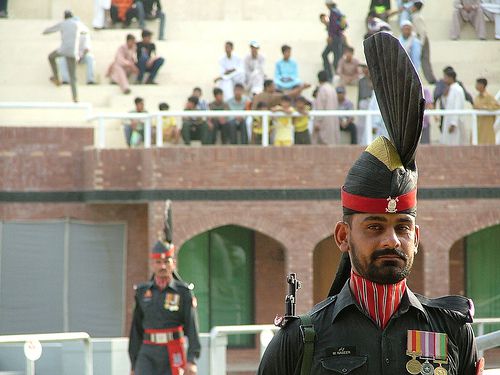
Lashkar-e-Taiba is an institution well-embedded in Pakistani Society.
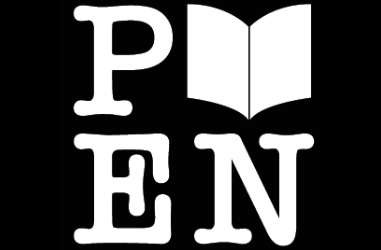
An evening with Guernica at the PEN World Voices Festival of International Literature.
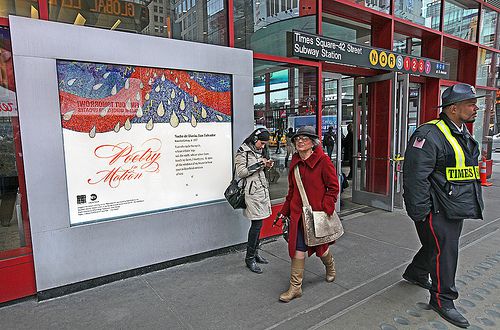
To kick off National Poetry Month, the deputy director of the Poetry Society of America talks with Erica Wright about institutional rivalry, poetic diplomacy, and encountering verse in unlikely places.

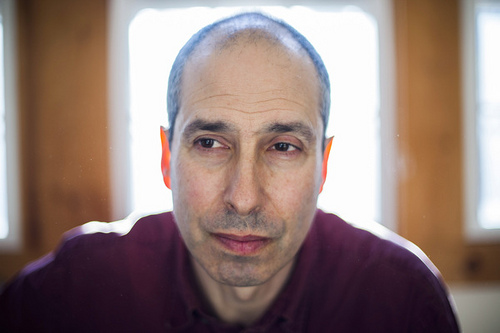
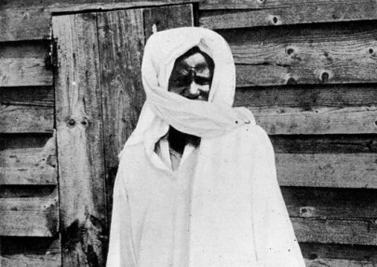
For Sufi saint Amadu Bamba, labor was a path to enlightenment. For his followers, work is a kind of prayer. In Senegal, Sufism comes down from the clouds.
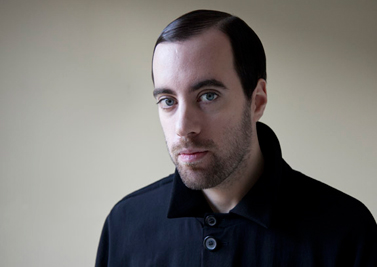
The Booker Prize nominated novelist talks about his obsession with Pynchon, history as interference, & why literary fiction needn’t forsake the pleasures of suspense.

The Argentine muralist on using the city as a canvas.
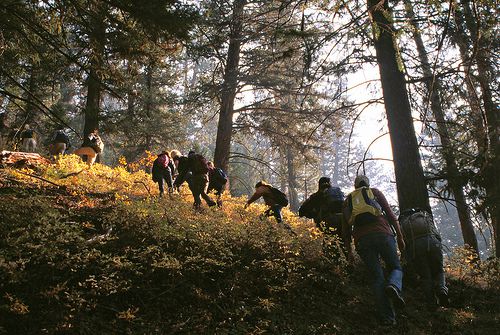
The liturgy of the lonely in the cruelest month.
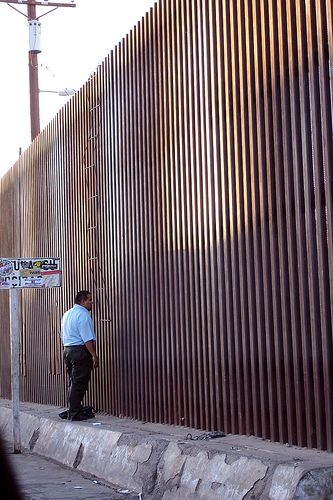
Congress and the courts have reached conflicting decisions on wage rules and protections for vulnerable temporary workers; nobody knows what happens next.
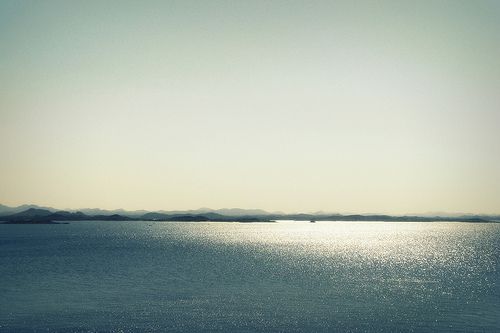
In post-revolution Cairo, Nubians and other minority groups are being erased from the state-defined national identity. In Aswan, the view is different.
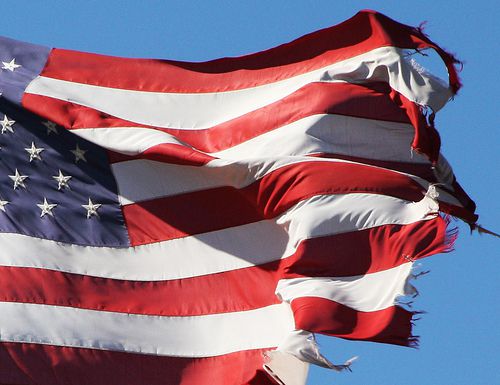
A question for veterans that needs answering.
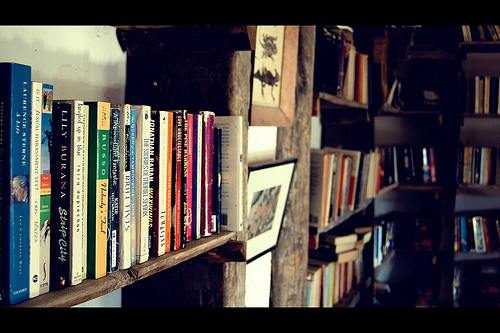
The owner of a bookstore in Antalya, Turkey has more to offer than books.
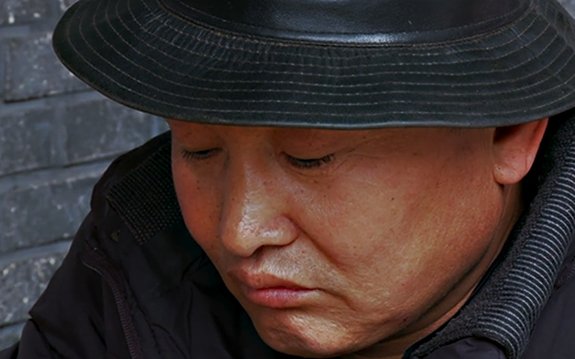
Life in a Chinese artists’ colony through the eyes of the local taxi driver

The bestselling novelist talks about the art of optimism, gender bias in the literary world, and donning public personas.

Amitava Kumar and Teju Cole collaborate on an ekphrastic project exploring how Cole’s paired images intersect with the works of artists ranging from Sontag to Singh.
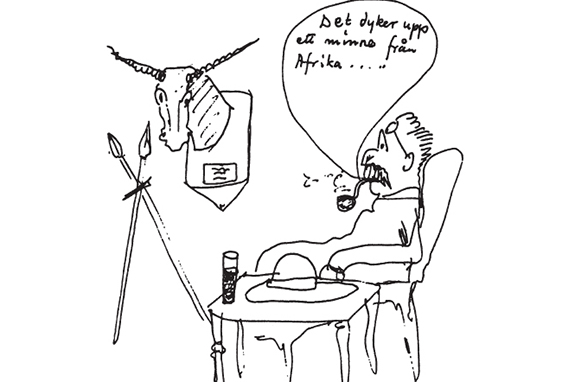
Letters from a quarter century of correspondence between the acclaimed American poet and the Swedish Nobel Prize winner.
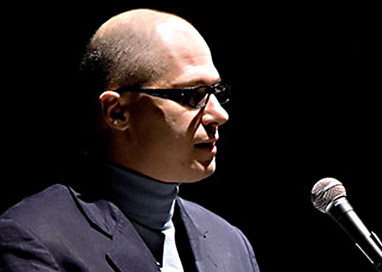
The MacArthur "Genius" on willful delusions, the ego’s limit, and the stories we tell to make sense of experience.
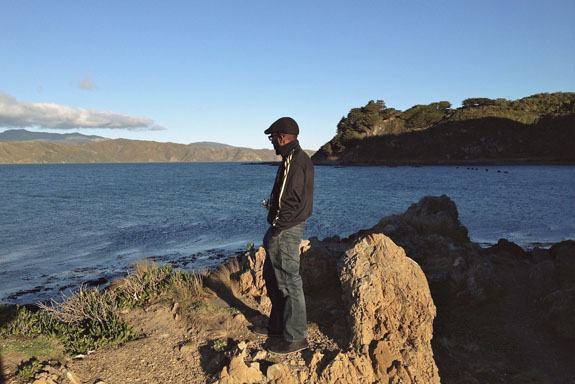
The writer, art historian, and street photographer on the body vs. the intellect, the mythical pre-history of humanity, and how very serious a Twitter post can be.

Newly flush with oil cash, Kazakhstan makes Cosmopolitan its own—sort of.
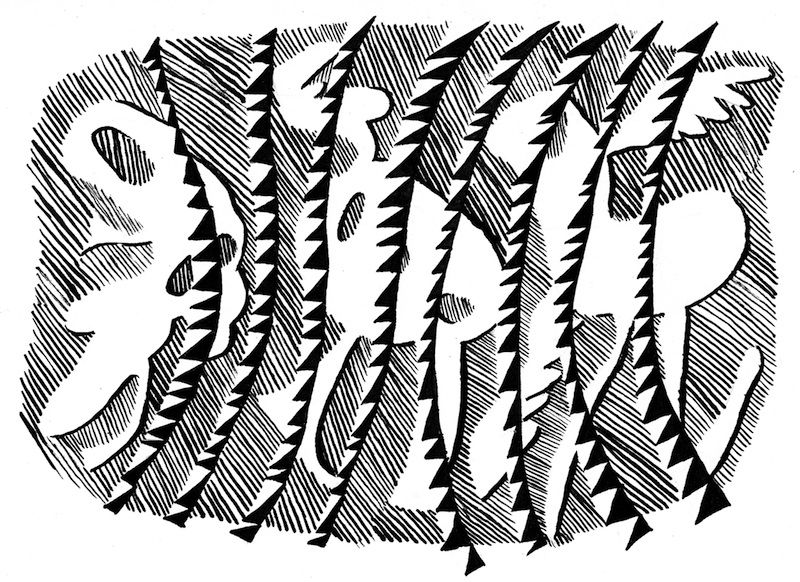
An excerpt from the Egyptian novelist's prison journal, translated by Robyn Creswell.

The Paris Review editor on his new translation of That Smell by Sonallah Ibrahim.
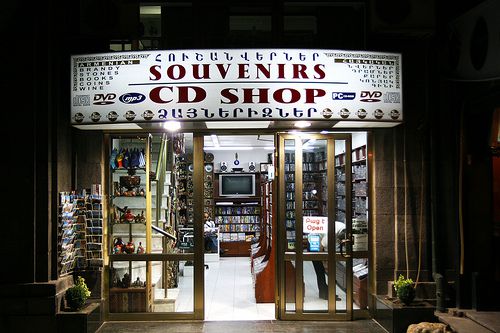
What comes first, the middle class or the mall?
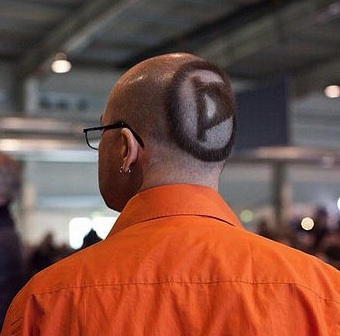
The rise and fall of Germany’s Pirate party casts doubt on a future of crowdsourced politics.

Investment in technology, unemployment, globalization, and the “Fed’s easy-money policies” all contribute to widening inequality.

An interview with the poet on his debut collection Charms Against Lightning.
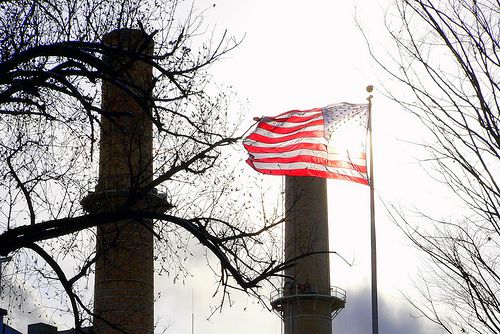
Why it’s so tough to get your head around climate change.
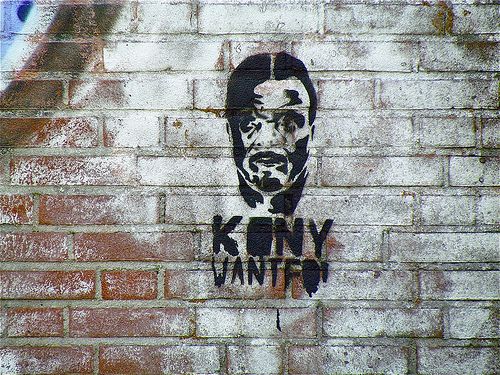
One year later, the LRA leader is still at large—but the controversial viral video has changed America’s relationship to the International Criminal Court.

In Kenya, doctors are force-sterilizing HIV-positive women without their consent—and in some cases, without their knowledge.

The story behind a landmark case that transformed death penalty trials in the U.S.
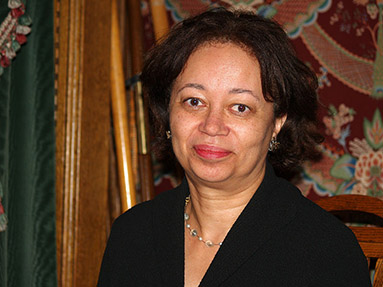
The Nation columnist and law professor on dissent, privatization, and the future of racial equity.

Sarah Manguso on memory, mental illness and how writing “is like feeding the cassette tape through the machine one last time after it breaks”
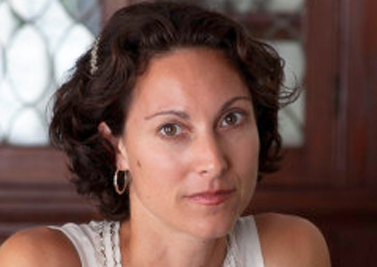
On the evolution of Internet bullying, resilience of underdogs, and the promise of today’s teens.
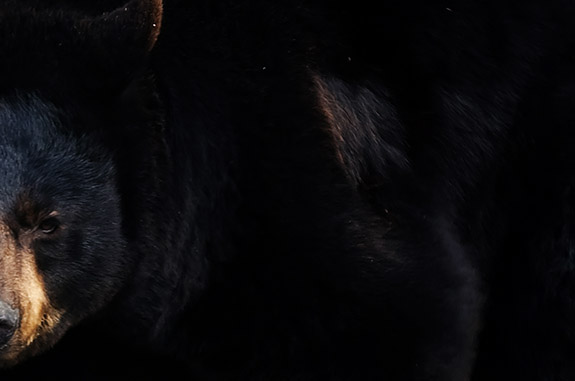
In the face of its stare, I stared back, and the bear slavered in response, shook its thick fur as welcome or warning. . .
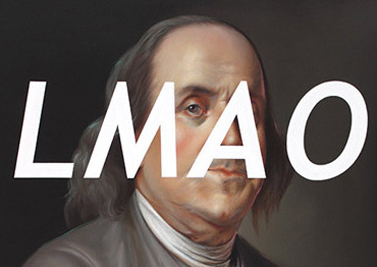
Imagine what George & Co. could have done with the internet. Or not.

For decades, straight white voters have over-stated their willingness to vote for black candidates and other “Others.” How the marriage equality debate and some statisticians may have vanquished the Bradley Effect.

Most drone strikes are directed at unidentified targets—not U.S. citizens or known Al Qaeda leaders—with murky justification.
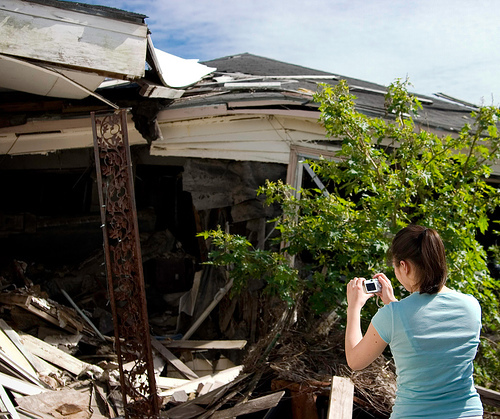
What does the Southern Wild say about the tame north and the new New Orleans?

How do you solve a problem like Beyoncé? With her autobiography pic and some drag artists from the ’80s.
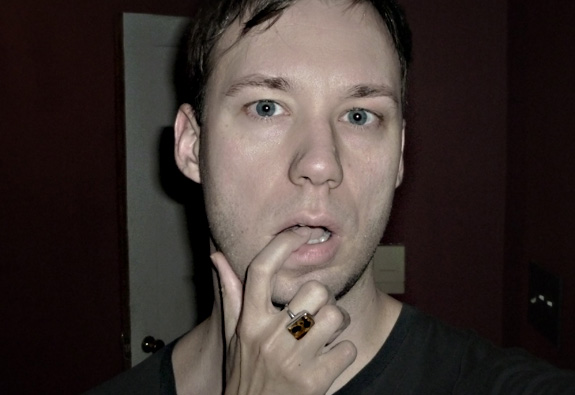
Matt Korvette of the punk band Pissed Jeans on pain, fashion fetishes, and redirecting the male gaze

The author, a self-titled “black feminist pornographer,” works to dismantle stereotypes one video at a time.
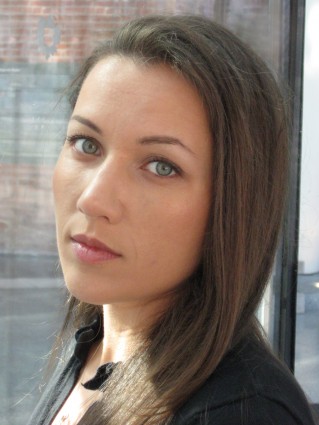
Melissa Febos on her dominatrix memoir, teaching sexuality in literature, and what it takes to make a great sex scene.
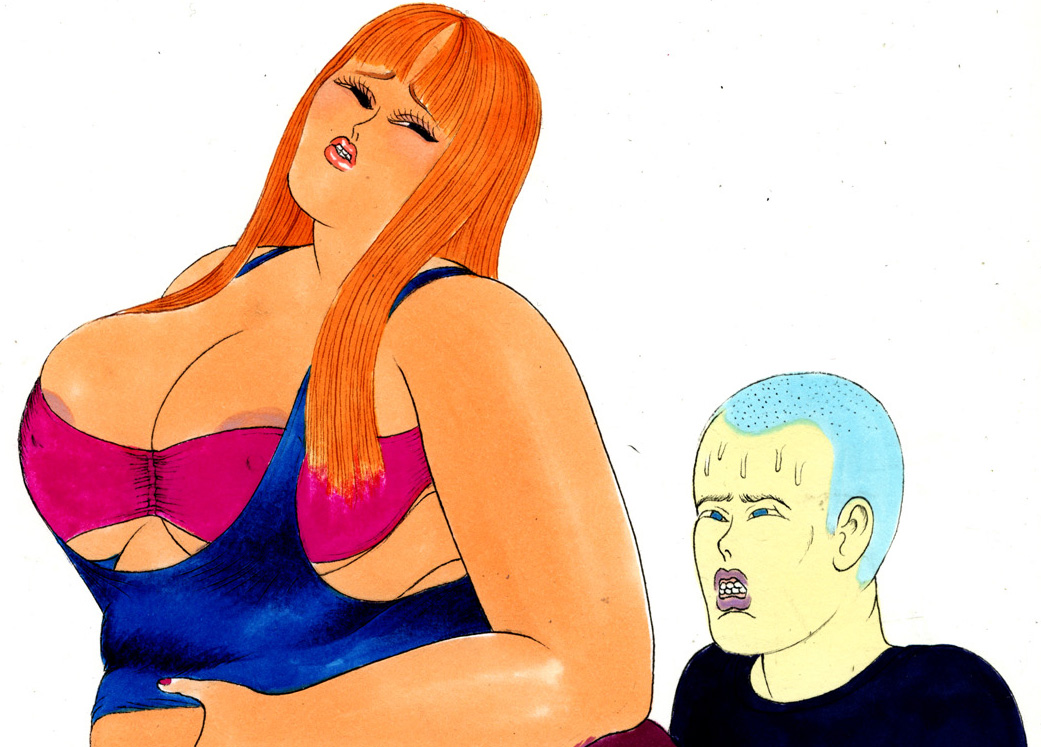
Jonny Negron speaks about drawing characters of eroticism, mythology, and contemporary fashion.


Curiosity, power, and uncertainty in the human experiment of egg donation.

Experts weigh in on the transparency gains of the last four years and what's in store in the next four.
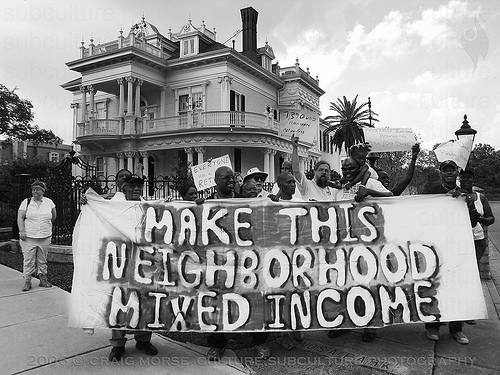
The court's review of a key concept used to enforce the 1968 Fair Housing Act could be a major setback for housing rights advocates.
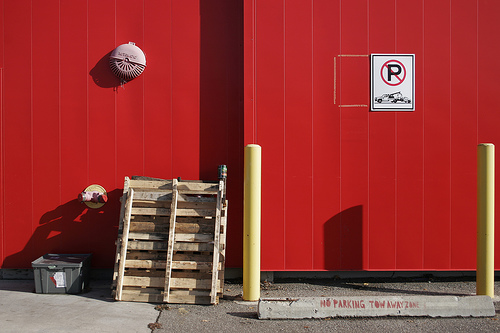
What Milwaukee, home of the nation’s oldest school voucher system, can teach us about desegregation, measuring school success, and decoding the rhetoric of “school choice.”
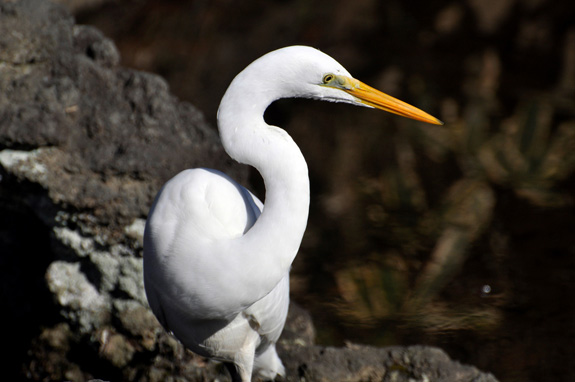
In an excerpt from her forthcoming book, the poet-reporter bears witness to resilience on Japan’s tsunami-ravaged Tohoku coast.
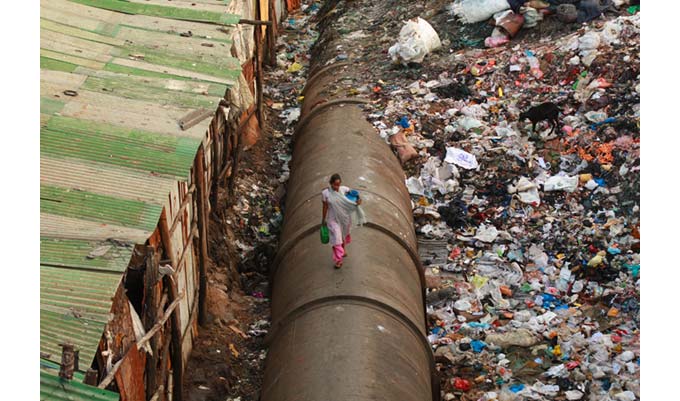
Population growth during Laurie Anderson’s lifetime
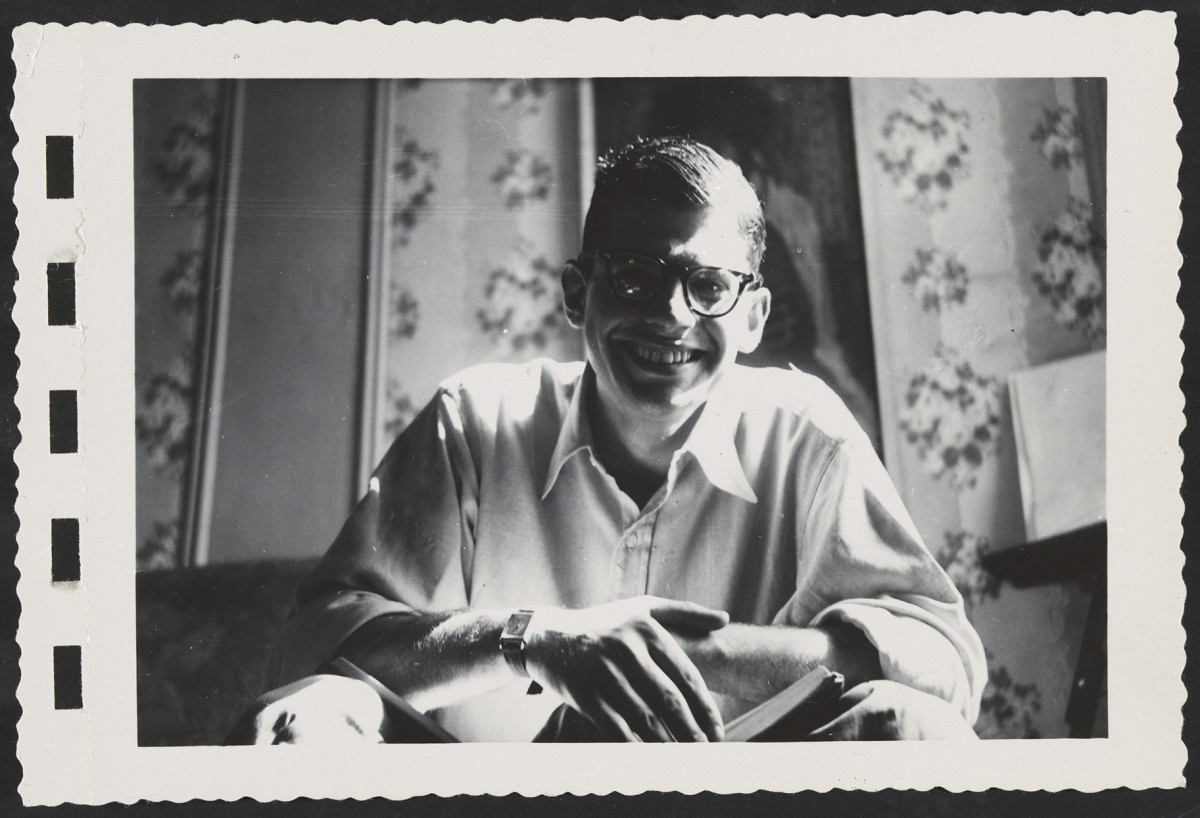
The best minds of a generation captured on a thirteen-dollar Kodak Retina.

The co-founder of Digital Democracy on how activists can use technology to respond to problems—from natural disasters to violence against women.
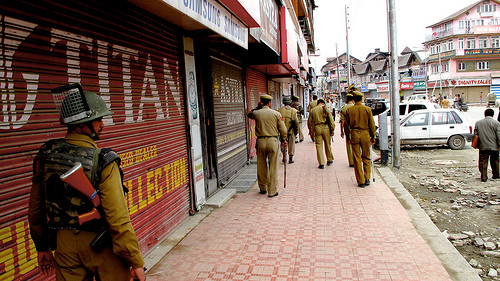
Major Avtar Singh of the Indian Army’s counterinsurgency in Kashmir killed dozens. India refused to punish him. So did Canada and the U.S., where he killed his family and committed suicide.
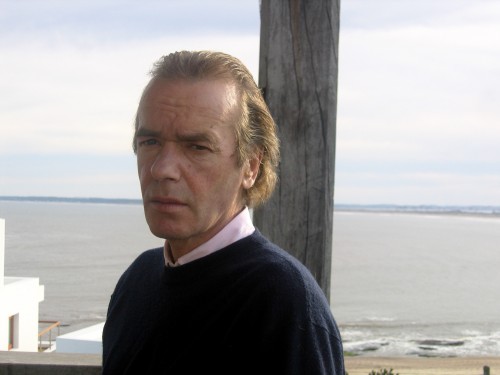
The provocateur on Obama’s second term and the role of bad behavior in fiction.
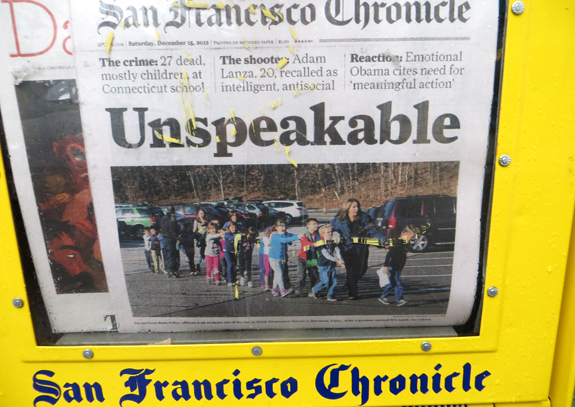
Adam Lanza may have had Asperger's, a condition our author lives with. Marginalizing him—whether he’s 'one of us' or not—only further compounds the tragedy.

Her name tag said 'Lynn Paltrow: Reproductive Justice.' Pulling out a sharpie, she added, 'And Drugs.'

Some 40 miles from Rome stands one of the best-preserved examples of fascist architecture in Europe—a town built at lightning speed on Mussolini’s orders and admired by Le Corbusier.

Will DOMA and Prop 8 go the way of Virginia’s anti-miscegenation law? A look at the face of marriage equality in 1967 and today.
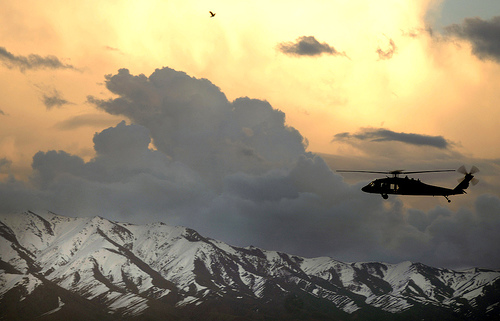
Three lousy options: pick one.
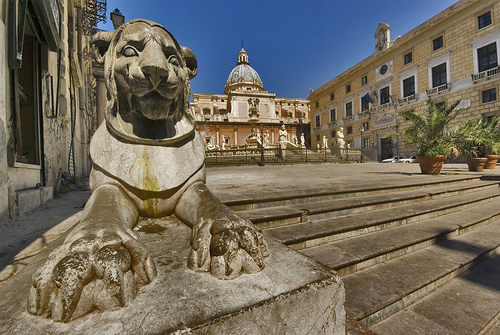
I looked at real estate in cities I'd never been to, just in case.
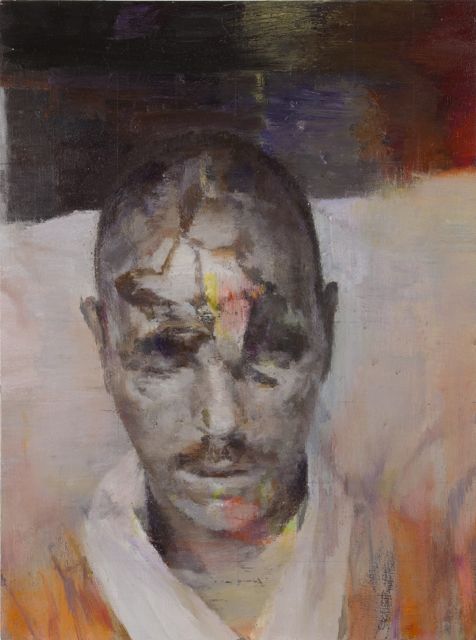
Reed Cooley speaks with the artist on his recent exhibition at Haunch of Venison’s Chelsea gallery.
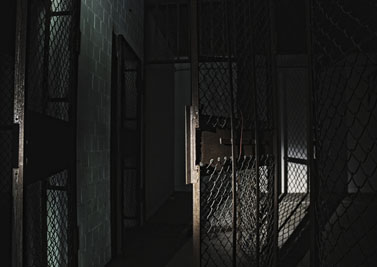
American courts recognize rights to refuse life-saving treatment. So why won’t the State of Connecticut let William Coleman die?

One of TIME and Newsweek’s most influential people of 2012, Ai-jen Poo works to address a swiftly aging population, and an exploited workforce, by reforming domestic labor standards.
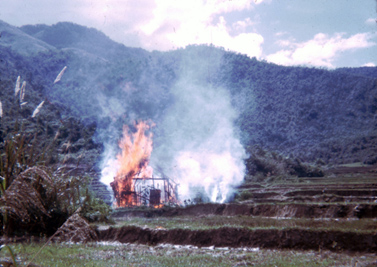
Recently unearthed documents and testimony reveal that the U.S.’s war crimes in Vietnam were far more widespread—and egregious—than previously known.

As the disappeared from the Kurdish-Turkish conflict are unearthed from unmarked graves, will the government help deliver justice?

The data journalist and designer on the balance between content and beauty
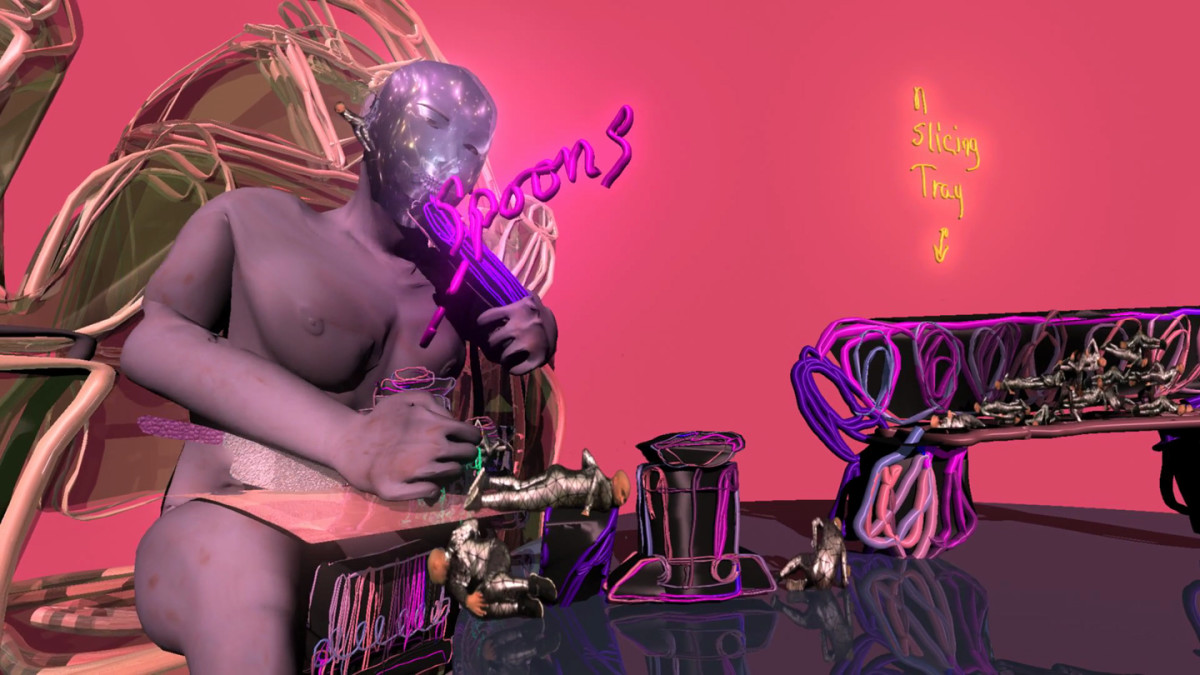
Jacolby Satterwhite on rendering his mother's drawings into worlds of their own.
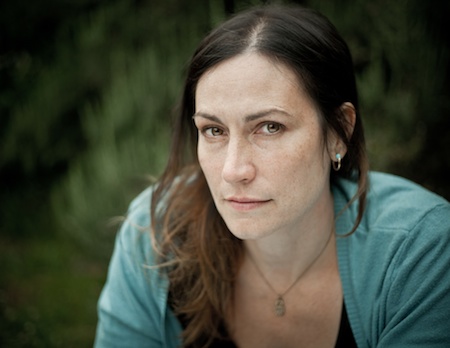
The PEN/Robert W. Bingham Prize winner on her debut dystopian novel and the role of American fiction in the face of escalating violence.

After a decade of absence, the Mexican-American author and activist returns to the literary scene to discuss her new book, what it takes to 'compost' grief into light, and the long road for writers of color.
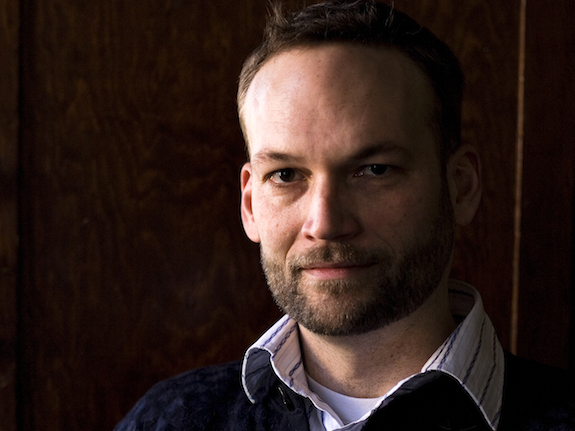
The professor and critic turns to technology explosions past—think typewriters, gramophones, and radios—to map the modern intersections of information and art.
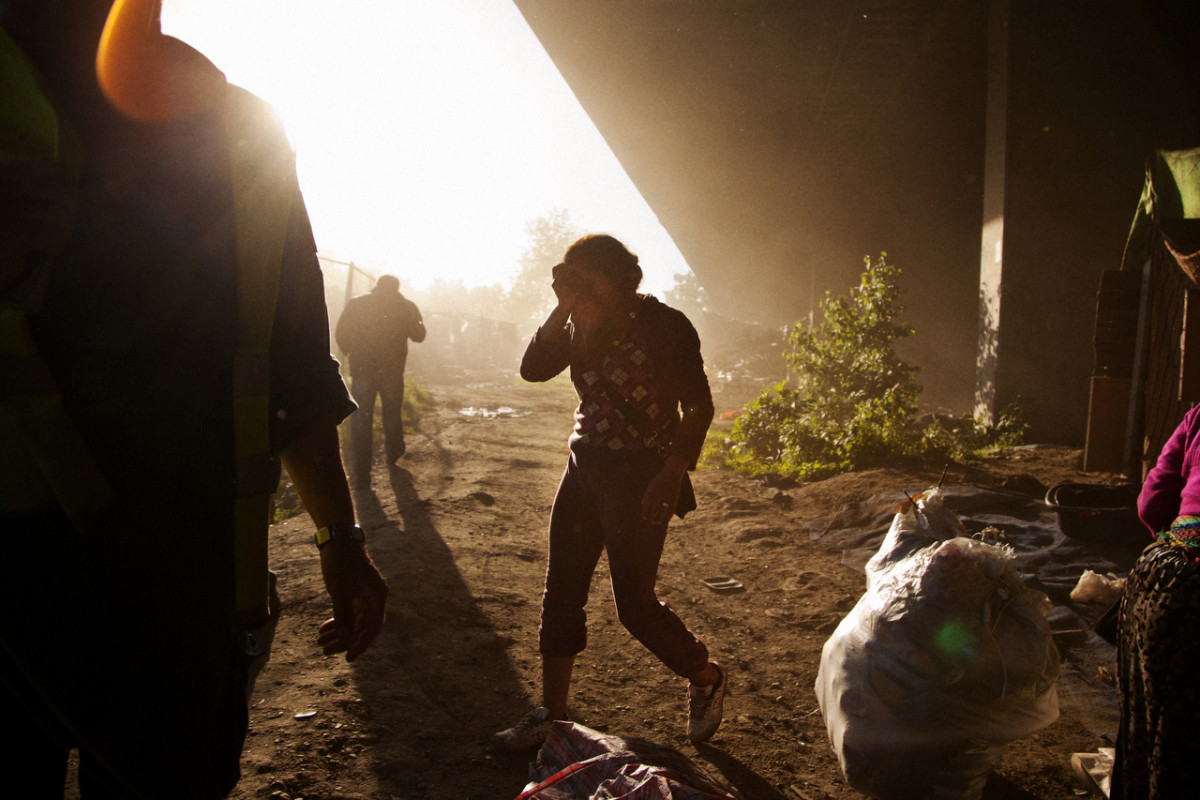
Alarmed to the eviction in advance, photographers Matt Lutton and Darko Stanimirovic distributed disposable cameras so that the residents could document their own dispossession.
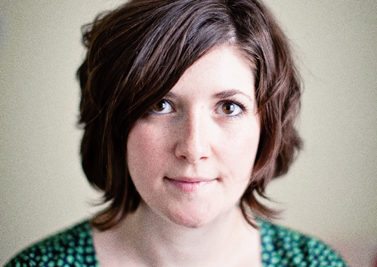
The 5-Under-35 author on growing up in the Mojave, busting up the lines between fiction and nonfiction, and braving her way into the dark heart of the West’s discarded stories.
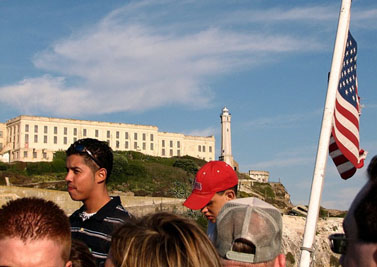

From electronic surveillance to drone strikes to racial disparities in the criminal justice system, the writer, lawyer, and advocate anticipates the most pressing issues of the next four years.
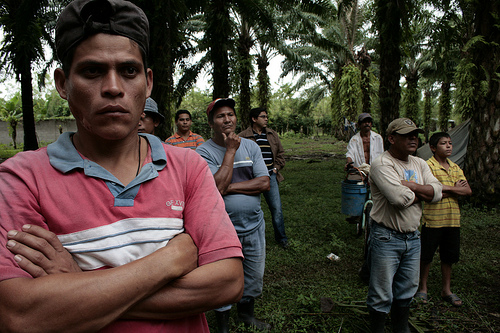
Human rights abusers who help stop climate change, and the global system that keeps them in business

Names hold culture and history. They defend or surrender their bearer to the prejudices of the world. So what does it mean when your name doesn’t mean anything?
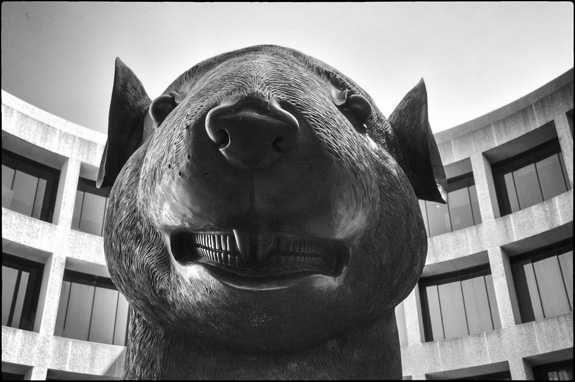
David Joselit theorizes about the function of art in the global age of abstracted value and Art Basel
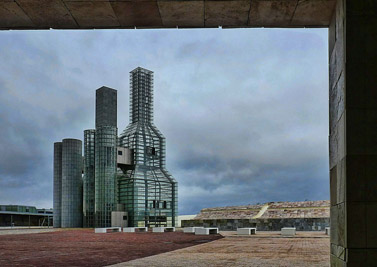
Returning to Spain, a journalist and critic maps responses to the economic crisis and its historical points of origin.

After spurring an investigation of internal violence in the armed forces, the journalist explores the same themes through fiction.

A new documentary reveals the beauty and horror of plastic waste

A.M. Homes on Nixon’s psyche, American dementia, and writing like a man.
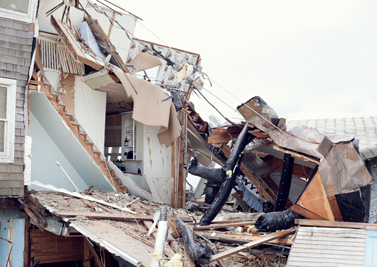
Guernica’s art editor, Noah Rabinowitz, and photographer John Francis Peters discuss what they saw while working on and off assignment in the days after Hurricane Sandy.

Reflections on a postcard from David Foster Wallace
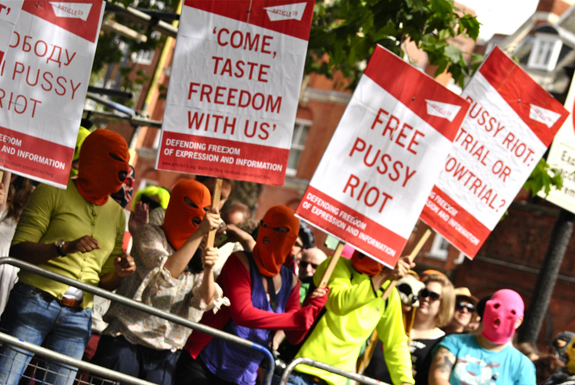
Pussy Riot's Yekaterina Samutsevich on protest, art, and freedom

The natural world reveals mirth, mystery, and what we mean by “home.”
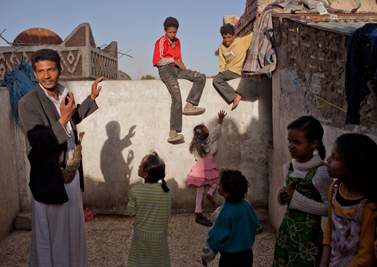
Michael Kirby Smith’s unprecedented and intimate look into Yemen
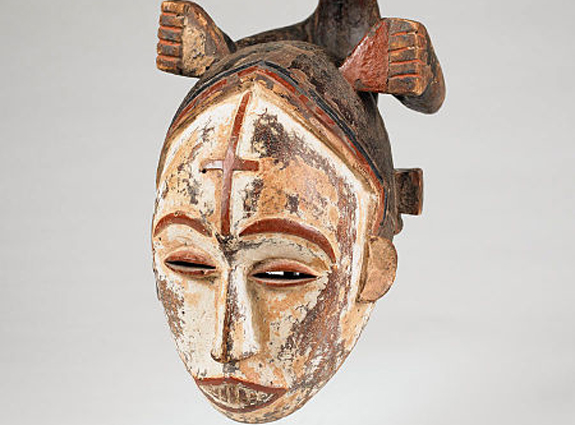
In an excerpt from his long-awaited memoir, the inventor of the post-colonial African novel in English discusses his origins as a writer and the seeds of revolt against the British Empire.

Led Zeppelin guitarist Jimmy Page and former White Stripe Jack White on what’s killing the humanity of performances, how the wrong teacher can “really mess you up,” and the power of the blues.
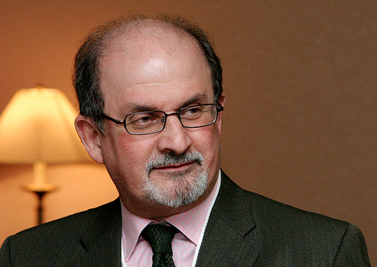
The famed writer on life as Joseph Anton, the problems of free speech, and the importance of telling the ‘goddamn truth’.
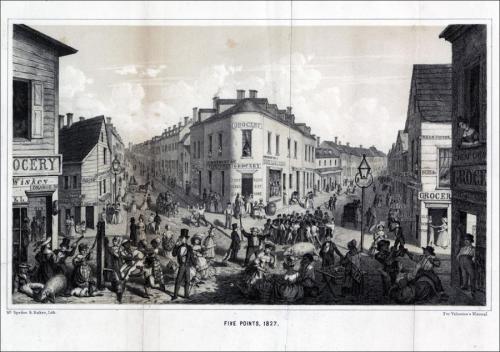
Occupy Wall Street staged a rebellion against corporate corruption and economic inequality in Manhattan’s parks and streets, but the battle for the city began with nineteenth century electrification of Broadway.

Climate change activism collides with indigenous land movements in Mexico’s Zapatista heartland, where the interests of a green economy threaten to crowd out the voices of those for whom it matters.
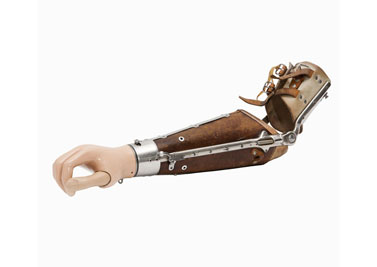
Seventeen years after the Yugoslav wars, large swaths of land in Bosnia are still riddled with active land mines.

Political theorist Jodi Dean probes the contradictions and traps of nonstop information.

To find out how fast, and how much, polar ice might melt in the future, scientists are looking to ancient rocks for clues of what happened in the past.
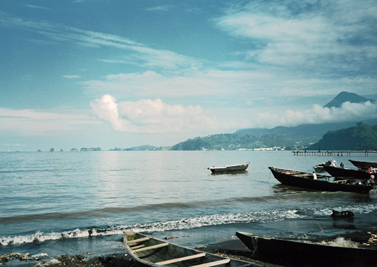
A White American goes to Cameroon in search of his past.
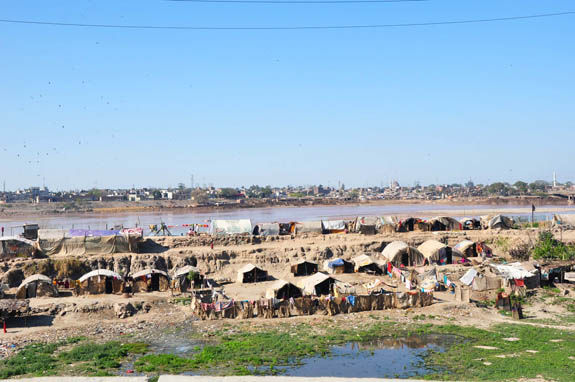
Aman Sethi consults a troubled storyteller about the terrifying urban legends proliferating among Delhi's displaced urban poor.

What can The One Thousand and One Nights teach the modern world?
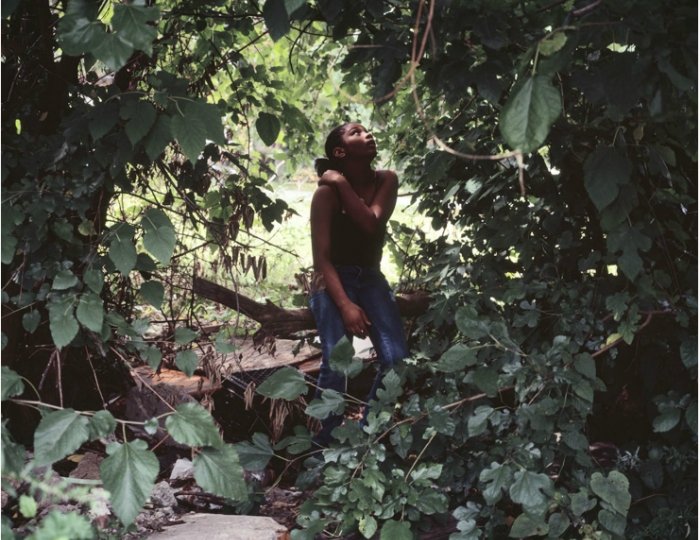
Kelly K. Jones’s work explores the boundary between documentary and conceptual ways of image making.

Pulitzer Prize winner David Shipler on why bad guys deserve rights, how small-town officials wield big-time power, and why Obama has been bad for the Constitution.

My mother needs her loom, and my father wants a wood shop. What do Baby Boomers consider before they sign away their worldly wealth?
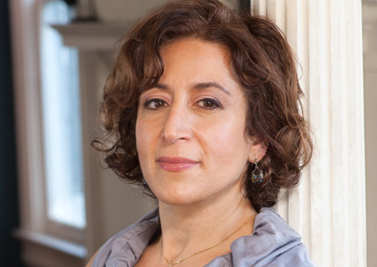
Hanna Rosin’s controversial new book proclaims the "end of men." But what about the women?

In an excerpt from his upcoming book, Robert O. Self shows how the antirape movement in the 1970s inspired legislative reform, workplace shifts--and a rift across race and class

Equipped with a mirror, painter's easel, a camera, and his formal training in biology, scientist-turned-artist Daniel Kukla explores where the low Sonoran Desert meets the high Mojave.
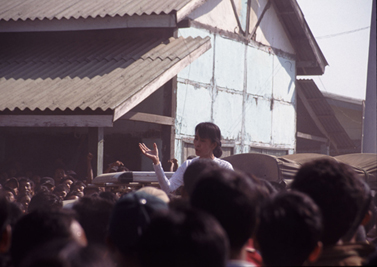
Sonia Gandhi and Aung San Suu Kyi have overcome tragic and arduous pasts to emerge as leaders of India and Burma. What’s next for these two historical icons?

Isolated for one night in a boat overlooking the Thames, Geoff Dyer explores representations of reality through the lens of Joseph Conrad’s Heart of Darkness.
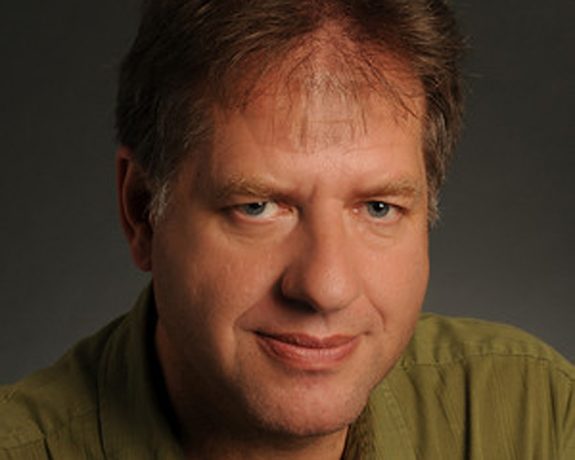
As we grapple with the legal, political, and cultural implications of drone warfare and targeted killing, the renowned anthropologist draws on an older turning point in military ethics—weapons design at Los Alamos.
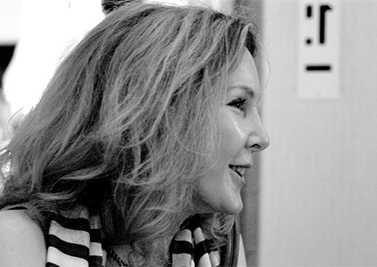
Following three years of research in an Indian slum, the Pulitzer Prize-winning journalist discusses what language can’t express, her view that nobody is representative, and the ethical dilemmas of writing about the poor.

Two potters keep an unusual art alive in South Carolina.
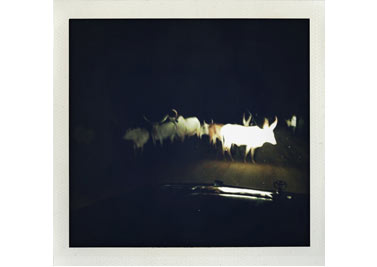
Avoiding the simplistic narratives of Afro-pessimism and Afro-optimism, photographer Peter diCampo uses photo-apps to represent everyday Africa.

Daniel Shea's series “Blisner, Ill.” portrays the crises of titanic mythologies.

An exhaustive new biography of Brautigan will change the way we remember the poet and novelist.
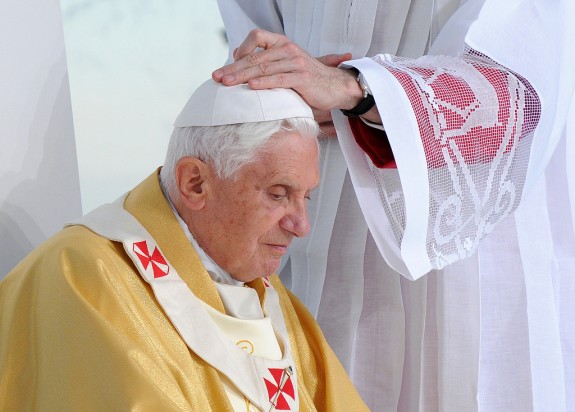
In its bank crisis as well as its sex abuse scandals, the Catholic Church is defined by an astonishing lack of accountability. Is this why a parish per week closes in the United States?
 | What a long, strange trip it’s been. |
 | Science fiction writer Philip K. Dick’s notated Bible is for sale on Ebay, because we all deserve to get a voyeuristic glimpse into someone else’s serious religious crisis. |
 |
La Figa: Visions of Food and Form is about “eating well and making love and creating art.” Also, it’s bad. |
 | Breaking news from the multi-partisan activist group established to expose and resist U.S. imperialism, corpora-terrorism, and the New World Order. |
 | Breaking news from the multi-partisan activist group established to expose and resist U.S. imperialism, corpora-terrorism, and the New World Order. |
 | Arrests and beatings have escalated over the last week in Syria. People have been shot dead in the Damascus suburbs. And now the slaughter in Hama. |
 |
The Wall Street Journal and Commentary’s condescending remarks about the first female editor of the New York Times reveal an underlying sexism. |
 | A Guernica fiction writer on how the search became more important than the homeland. |
 | Even if the troops do finally leave, the question is: Will that actually bring the U.S. occupation of Iraq to a close? |
 | What we discover when we sift through digital refuse. |
 | If we don’t abandon a belief that unrestricted growth is our inalienable birthright the future is likely to prove grim indeed. |
 | What to read after Abu-Jaber’s tale of a conflicted fat kid. |
 | When it comes to acts of state today, there is only one law: don’t pull up the curtain. |
 | Breaking news from the multi-partisan activist group established to expose and resist U.S. imperialism, corpora-terrorism, and the New World Order. |
 | This response to a response to a response to a response takes George Scialabba and Noam Chomsky to task for seemingly hasty analogies and false accusations. |
 | Both poetry and horse racing still give us a ticket to ride, a little bit of chance in our pockets. A little rally, rally, rally. |
 | The Pentagon is leaning ever more heavily on rich rulers in the Arab world to prop up the military-corporate complex at home. |
 | War pornographers can’t offer us an objective look at a world in which more and more foreigners only run into Americans when they are wearing green and carrying weapons. |

 | Breaking news from the multi-partisan activist group established to expose and resist U.S. imperialism, corpora-terrorism, and the New World Order. |
 | Our wars and their impact are kept in remarkable isolation from what passes for public affairs in this country, leaving most Americans with little say about whether they should be, and how they are, waged. |
 | The tempo of base life is strange. It swings from extreme boredom to high stress, day after day after day. |
 | Will this warped recovery of ours pave the way for an even more warped economy, with the have-nots at one end, the have-it-alls at the other end, and increasingly less of us in between? |
 |
From the stark lines that close its opening paragraph: “I used the pink foam. My period was late,” senior editor Katherine Dykstra knew “Lucky Girl” was perfect for Guernica. |
 | Breaking news from the multi-partisan activist group established to expose and resist U.S. imperialism, corpora-terrorism, and the New World Order. |
 | In the debut episode of Journey OnEarth, a series about communities affected by pollution, we look at the aftermath of the Deepwater Horizon disaster through the eyes of the people trying to understand the impact of the spill. |
 | Is it really so illogical to imagine China as the next “sole superpower” on planet Earth? |
 | The author of “Dear Yale” talks about why cultivating a college’s image as a brand is sad, pathological, and anti-democratic. |
 | For more than 50 years, Washington has been served well by a system of global power based on subordinate elites. Now those loyal allies look like an empire of failed states. |
 | “As long as the general population is passive, apathetic, diverted to consumerism or hatred of the vulnerable, then the powerful can do as they please, and those who survive will be left to contemplate the outcome.” |
 | Empires live vampirically by feeding off others until, sooner or later, they begin to feed on themselves, to suck their own blood, to hollow themselves out. |
 | Guernica feature writer Alexis Madrigal provides further reading recommendations for reminding us that nature always has the last word. |
 | A reader of Irish-language literature responds to Amit Chaudhuri’s claim that Gaelic and Welsh failed to become “viable literatures.” |
 | Guernica and OR Books present a conversation between political scientist Norman Finkelstein and Palestinian writer and lawyer Raja Shehadeh at Alwan for the Arts, 8 p.m., April 19th. |
 | The author of “Molecularity” warns us that “a hungry accident is about to happen” and suggests a few things to read in the meantime. |
 | The problem with Bill Donohue’s full-page ad in the New York Times is that it attacks groups of people under the name of faith in the face of equity. |
 | Poetry is, at once, fueling its own come back, and dying in the back alley of all things that don’t matter? So which one is it? Dying or living? Or, is it like us humans, doing both at the same time. |
 | Don’t expect to take your tap water for granted ever again. |
 | Breaking news from the multi-partisan activist group established to expose and resist U.S. imperialism, corpora-terrorism, and the New World Order. |
 | “We all know that the western intervention in Libya is problematic, but it also remains the right decision.” |
 | Did Mike Huckabee just flush his presidential aspirations down the proverbial toilet? |
 | Watch out. The economy is slowing ominously, and the booster rockets are disappearing. |
 | Just in case you thought that “political correctness” had been thoroughly discredited in the culture wars of the 1990s, it’s back—and this time it’s being treated as a stalking horse for terrorism. |
 |
Frightening at times, uplifting at others, the liminal, dreamlike spaces of Bruno Schulz’s fiction are rare amongst even our most imaginative artists. |
 | This is not a moment of hope but the start of a period of great division between Syrians, a period of blood and fear in which Syria’s vital regional role will be problematized. |
 | Algeria’s predicament is a massive displacement of the population toward an absolute and irreversible Elsewhere. |
 | In the wake of its present disaster, Japan may already be changing, and that may not be a bad thing. |
 | Runners run, jumpers jump, boxers stay on their feet if they can. But Guernica’s interview with Sahrawi runner Salah Ameidan is a reminder that athletes can be a problem for regimes that don’t like the values they symbolize merely by being who they are. |
 | Recently in Karachi, the previously unheard of Movement for the Protection of the Invitation to Islam posted banners encouraging the murder of author Tehmina Durrani. |
 | The 79 year-old Guernica interviewee who leaked the Pentagon Papers to the New York Times was arrested at a rally for Bradley Manning. |
 | In London’s Imperial War Museum, two artifacts from Baghdad, 90 years apart in age, have become symbols of historic, imperial competition and the continued hubris of war, dressed up by “democracy.” |
 | A correspondent in Tripoli renounces her anonymity after fleeing to Morocco. |
 | A mother in Japan, whose daughter is confined to a wheelchair, reflects on the difficulties of getting through natural disasters with a disability. |
 | The U.S. economy is flirting with another dip, but nothing is being done because knaves and fools are in charge. |
 | “Following the surprise visit of U.S. Defense Secretary Robert Gates to Bahrain, home of the American Fifth Fleet, tanks and troops of the Saud family dictatorship have crossed the causeway and are now occupying Manama.” |
 | “These murders [in Itamar] were immoral and politically counter-productive. They gave Israel an excuse to whine about the bloodthirstiness of the natives and a pretext for building hundreds more homes in the West Bank.” |
 | “Whatever his short-term victory, Walker has overreached, igniting a nation-wide, populist, progressive labor movement that is long overdue, and that will have an epochal reach far beyond Wisconsin.” |
 | “The Libyan revolution risks drowning in blood. If it does, the larger Arab revolution may well grind to a temporary halt.” |
| Thousands of protesters, unionists, and supporters of the American worker descend on Ohio’s capitol city in opposition of Governor Kasich’s SB5 anti-collective bargaining bill. |
 | “Three mummies were recently found in an underground temple in Luxor, Egypt. Translated hieroglyphs identified them as the Clash of Civilizations, the End of History, and Islamophobia. They ruled in Western domains into the second decade of the twenty-first century before dying and being embalmed.” |
 | Whether you’re an old-fashioned imperialist running dog or you’ve made a real effort to disregard the game, this is the Super Bowl to watch. Never before have so many loose strands of an unraveling empire come together in a single event accessible to those who mourn or cheer America. |
 | Cherien Dabis ended her 2009 Guernica interview with: “I am lucky enough to have yet another story in me that I really want to tell, so I am working on that.” This unnamed project became May in the Summer and earned Dabis an award for visionary filmmakers. |